On this icy Tuesday, February 7, they beat the pavement, for the third time since the beginning of the year, against the pension reform, which plans to postpone the retirement age from 62 to 64 years.
Precious indications for Place Beauvau in order to distribute the number of police forces throughout the territory while the two previous days of mobilization went relatively well.
Despite the presence of radical elements on the sidelines of the processions, the demonstrations were able to go to the end without too much damage. Two reasons explain this. On the one hand, the police services of the unions are very efficient. “They play the game well and prevent troublemakers from entering parades,” according to a law enforcement specialist.
The strikers were less numerous on Tuesday and the mobilization slowed down even if it remains at a high level according to the CGT: “nearly two million” people demonstrated in France, according to its count. The Ministry of the Interior has meanwhile identified 757,000 demonstrators, including 57,000 in Paris.
In all, 26 people were arrested in Paris as part of the demonstration against the pension reform, according to the 8 p.m. report communicated on Tuesday by the Paris police headquarters. On the route of the demonstration, between the Place de l’Opéra and that of the Bastille, “radical elements” present in front of the procession attacked “shops”, indicated the same source. On Tuesday January 31, 30 people were arrested in Paris at the same time.
In all, 11,000 police and gendarmes were mobilized throughout France on Tuesday, including 4,000 in Paris, to supervise the third day of inter-union mobilization.
Mobilization in transport
The rate of strikers at the SNCF was 25% this Tuesday at midday, learned franceinfo from a union source. This is a provisional count. Last Tuesday, for the second day of mobilization, the rate of strikers had reached 36.5%, against 46.3% on the first day, January 19.
Consequences of transport disruptions, 111.4 kilometers of cumulative traffic jams were recorded everywhere in France this Tuesday at 12 p.m. by Bison Futé. This corresponds to the “low level”.
The peak of traffic jams was recorded at 8 a.m., with 1,069.6 kilometers of cumulative traffic jams, a level higher than the accumulation recorded at the same time a week earlier (742.8.1 kilometers). This corresponds to the upper range of the level described as “usual” by Bison Futé.
In national education
According to the Ministry of National Education, 14.17% of teachers went on strike on Tuesday. As a reminder, the rate of strikers was 25.92% on the previous day of the strike, January 31.
In detail, 14.60% of teachers were on strike in primary schools (against 26.65% on January 31) and 13.75% in secondary schools (against 25.22% last week). “Participation in colleges is estimated at 16.65% [against 29.69% seven days ago], in general and technological high schools at 11.42% [against 21.87% during the second day of mobilization] and in vocational high schools at 8.71% [against 16.4% on January 31]”, specified the ministry.
In the energy sectors
In refineries
At TotalEnergies, more than one out of two refinery employees (56%) was on strike on Tuesday according to management, between 75 and 100% depending on the site, estimated the CGT for its part. “Shipments of products from TotalEnergies sites are interrupted today”, indicated the management, i.e. methods of action similar to those of previous days of action against the pension reform project.
The CGT counted 75% of strikers at the La Mède bio-refinery (Bouches-du-Rhône), 87% at the Normandy refinery, the largest in France, 90% at the Donges refinery (Loire-Atlantique), and 100% strikers at the Flandres fuel depot, near Dunkirk (North). “Of the 301 posted on the morning shift from all of our refining and depot sites, 56% (i.e. 169 people) were on strike,” indicated the management of TotalEnergies.
She indicated that “there is no shortage of fuel” in the group’s service stations and assured that “stocks in depots and service stations are at a satisfactory level”.
At EDF
On the side of EDF, the strikers proceeded between Monday and Tuesday to cuts in electricity production of nearly 4,500 MW, the equivalent of more than four nuclear reactors, but without causing cuts, to oppose the project. pension reform. This Tuesday, the rate of strikers was 36.9% of the overall workforce at the end of the day, against 46.5% during the previous mobilization, announced the management of EDF.
Several nuclear power plants, such as that of Paluel (Seine-Maritime) and Dampierre (Loiret), but also the coal-fired power plant of Cordemais (Loire-Atlantique) or the thermal power plant of Martigues (Bouches-du-Rhône) were affected, with “high rates of strikers” and “filtering at the entrance to the sites”, according to Fabrice Coudour, federal secretary of the FNME-CGT.
In the public service
Just over 11% of civil servants were on strike Tuesday at midday in the state civil service, against 19.4% during the second day of mobilization against the government pension reform and 28% during the first, according to the Ministry of Public Service. In the territorial public service, the rate of strikers was also down, to 4.19%, against 7.9% on January 31 and 11.3% on February 19, specifies the ministry.
Student mobilization
In all, 180,000 young people marched in the streets all over France against the pension reform this Tuesday, February 7, announces Unef. They were 60,000 on January 19 and 150,000 on January 31, according to the student union.
Students from the faculty of Rennes 2 (Ille-et-Vilaine) notably blocked the university on Tuesday. The establishment will be closed until Thursday inclusive. “This morning, we found that all the buildings on the Villejean campus were inaccessible. Given the damage and the amount of furniture taken out, the campus will remain closed until Thursday inclusive in order to restore the premises to working order”, indicated the presidency of Rennes 2 in a press release sent to AFP.
The national day of action against the pension reform project is in overtime. This Wednesday morning, some 300 people blocked access to the TotalEnergies refinery in Donges (Loire-Atlantique), near Saint-Nazaire. The demonstrators, among whom were not only employees of the refinery but also representatives of other sectors, such as railway workers, teachers or dockers, early in the morning lit a fire of pallets across the departmental road which serves the refinery.
The TotalEnergies strikers renewed the movement on Wednesday morning against the government’s pension reform project in most of the group’s refineries. The union counted 100% of strikers among the operators of the morning shifts at the Flandres fuel depot (North), near Dunkirk, 80% at the Donges refinery (Loire-Atlantique), 70% at the Feyzin refinery (Rhône ) and 56% at the Normandy refinery.
Some ministers are in the hot seat
After a series of costly concessions on the pension reform, additional adjustments are not excluded but the executive no longer has any financial leeway and should no longer move on the main lines to respect the objective it hammers: the balance of the system by 2030. For his part, Emmanuel Macron, who lets his Prime Minister and his government defend the text, remains on the sidelines and is considering a potential ministerial reshuffle.
Macron wants to conclude his first five-year term
The days of some ministers are numbered. It is in any case the little music that rises in the entourage of the president who explains that he will want to open a new political cycle after the vote on pensions which will take place no later than March 26.
This new sequence would also go through a redesign. And according to information from Europe 1, the Head of State has already asked certain relatives to make name proposals.
The president would be disappointed by certain ministers such as that of Health François Braun, that of Education Pap Ndiaye or that of Solidarity Jean-Christophe Combe. On the other hand, at this stage, Elisabeth Borne would not be threatened. “If things go well with the pensions, she will stay on,” predicts an adviser before specifying “if things go badly, there is the possibility of dissolution”.
A new day of demonstrations is already planned for this Saturday, February 11 at the call of the inter-union.
According to Jean-Luc Mélenchon, leader of rebellious France, this demonstration can be a turning point: “I believe it deeply”. “There is the whole population who is not salaried, the unemployed, the retired, the students, etc., who can take action when it is the weekend”, assured the leader LFI since the demonstration. Parisian.
The day of Wednesday February 8 should also be disrupted by strikes: the CGT and Sud Rail unions of the SNCF are calling for a strike. The energy and refinery sectors also planned to stop work on February 7 and 8.


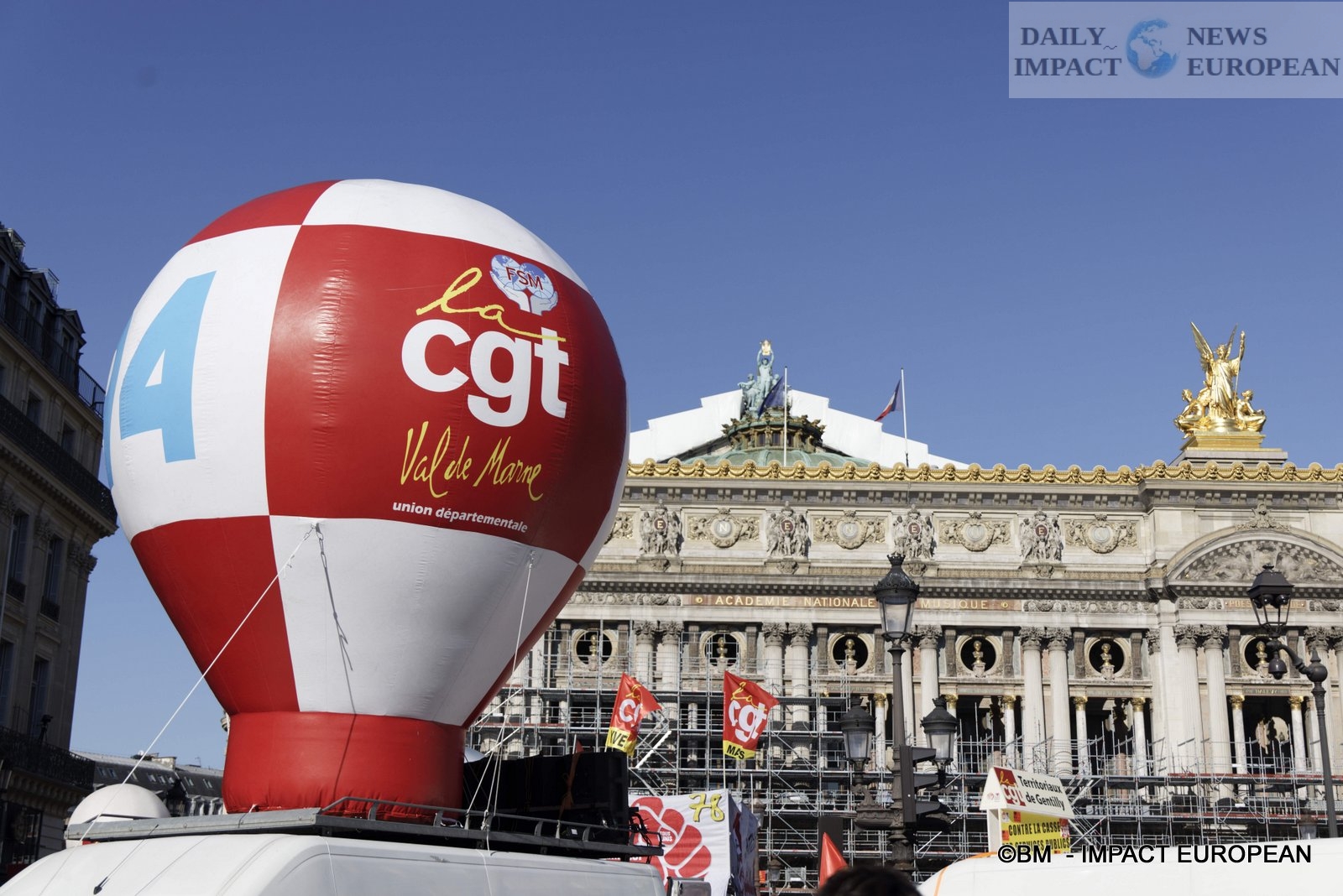
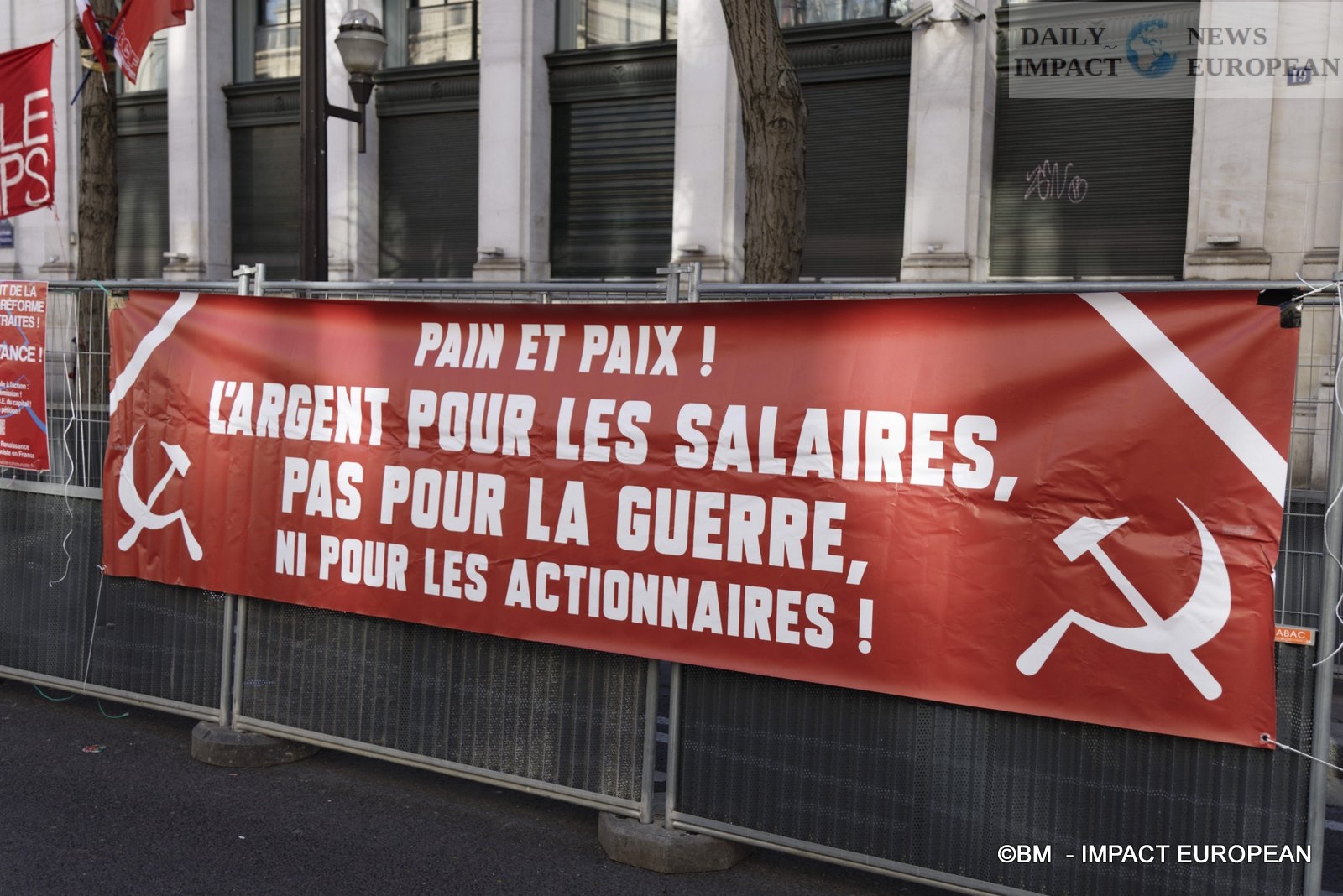
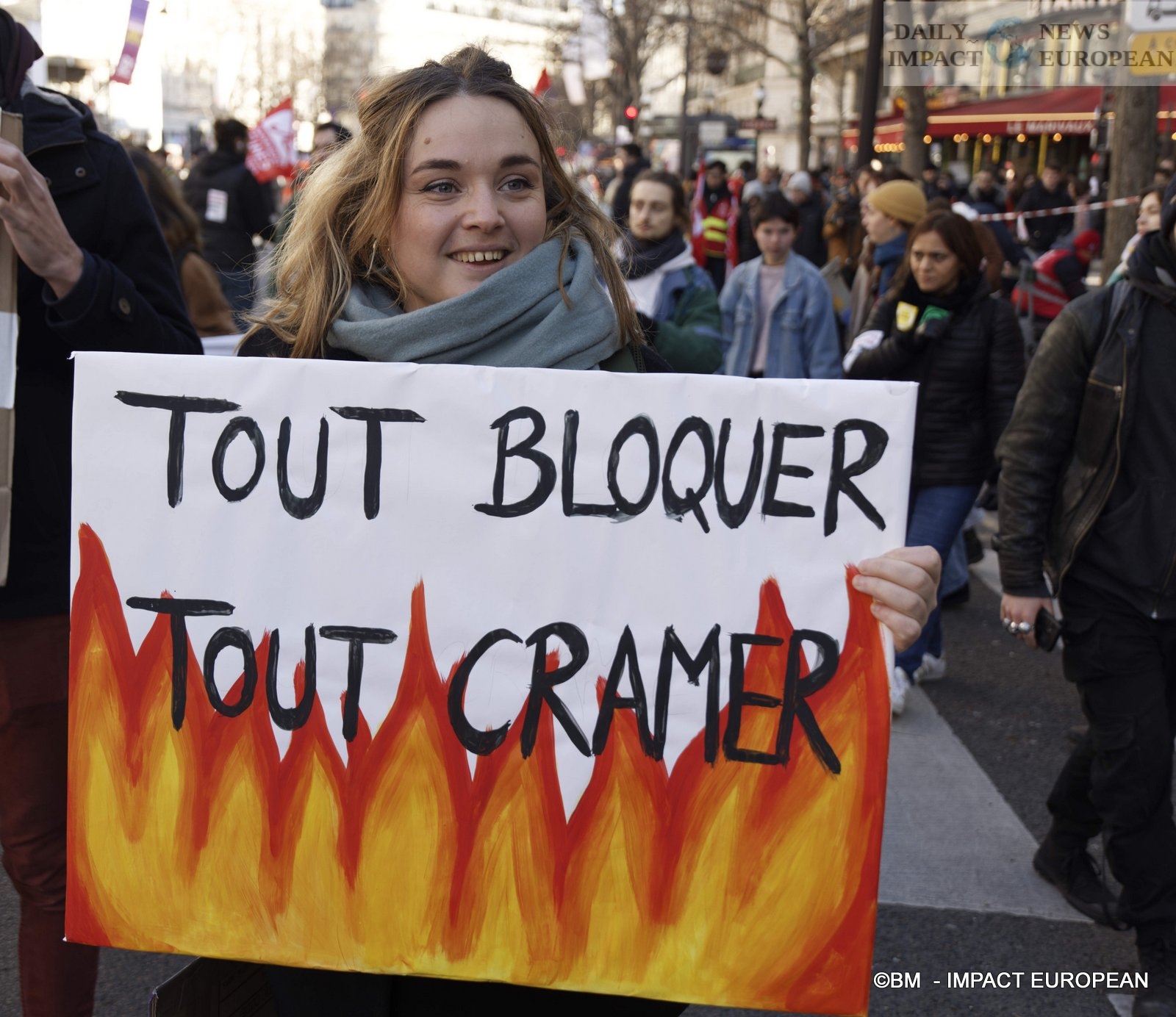

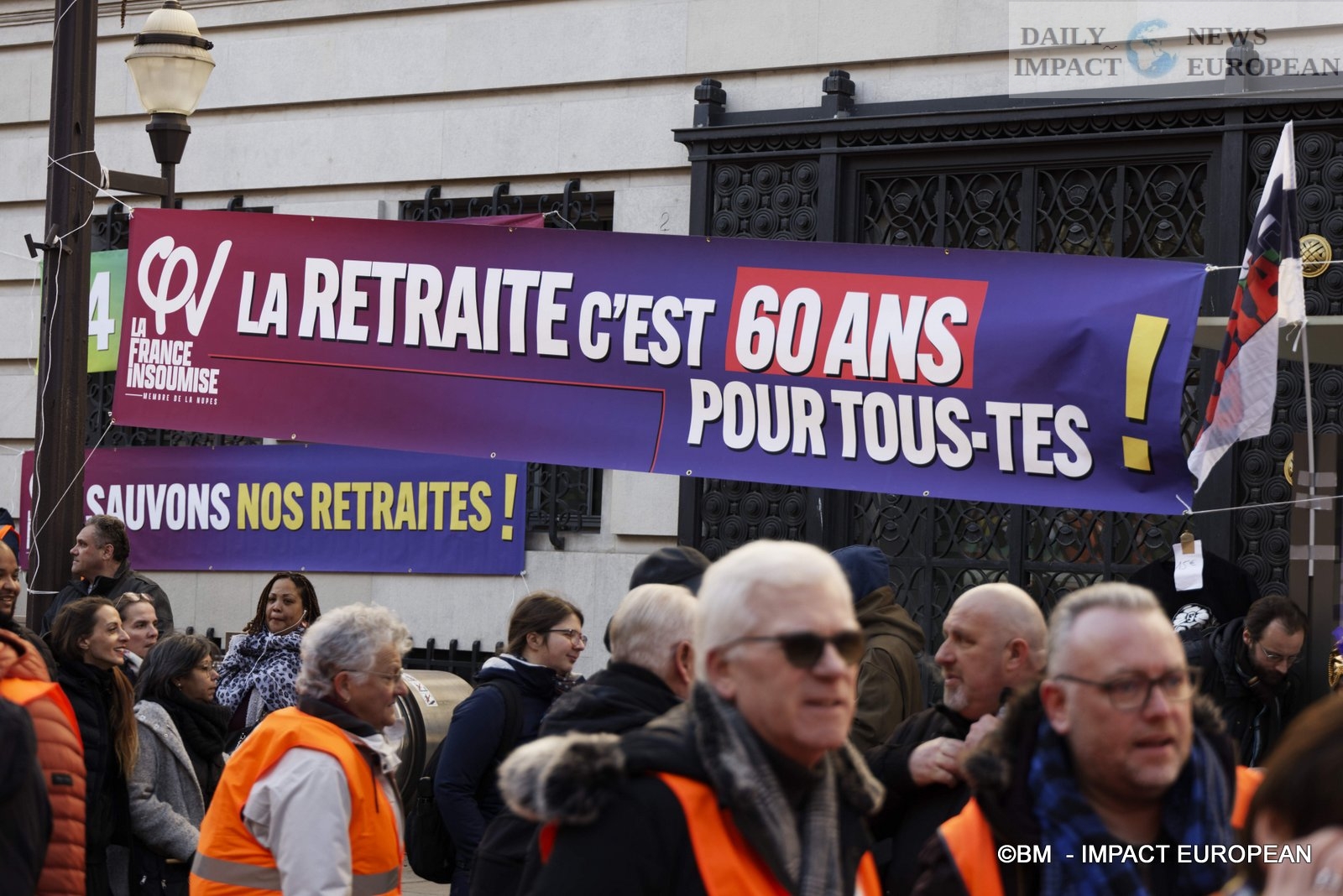
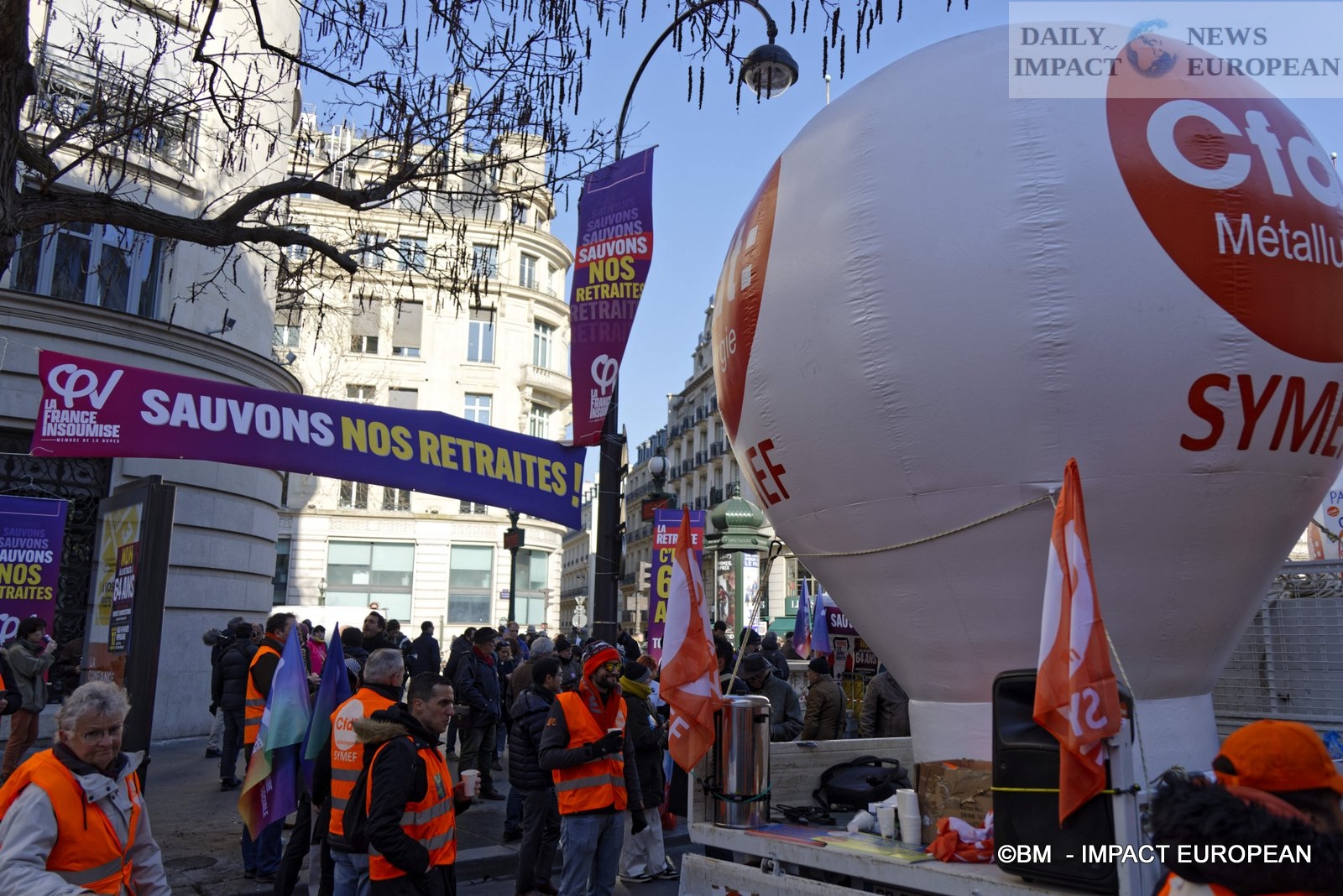


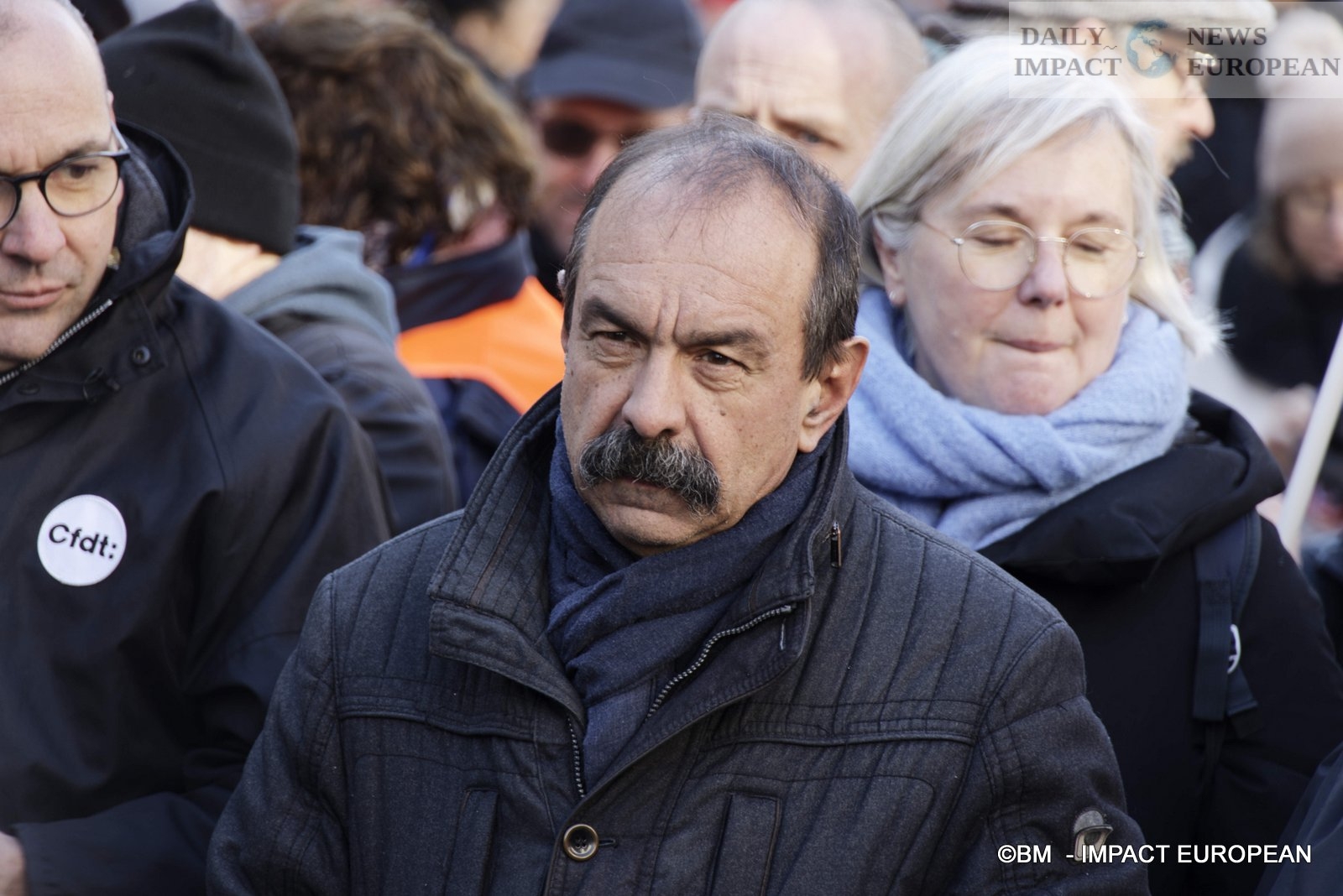
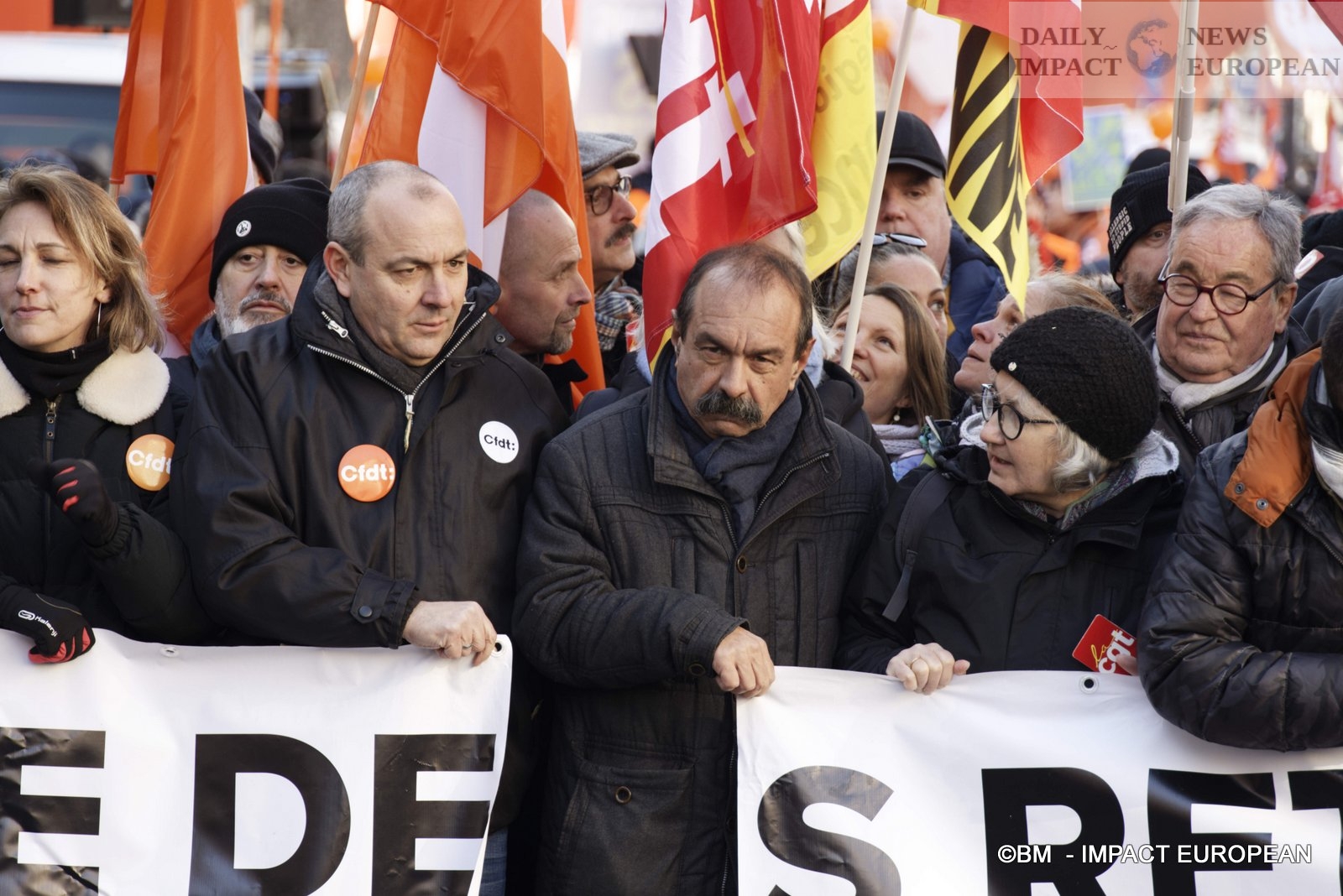
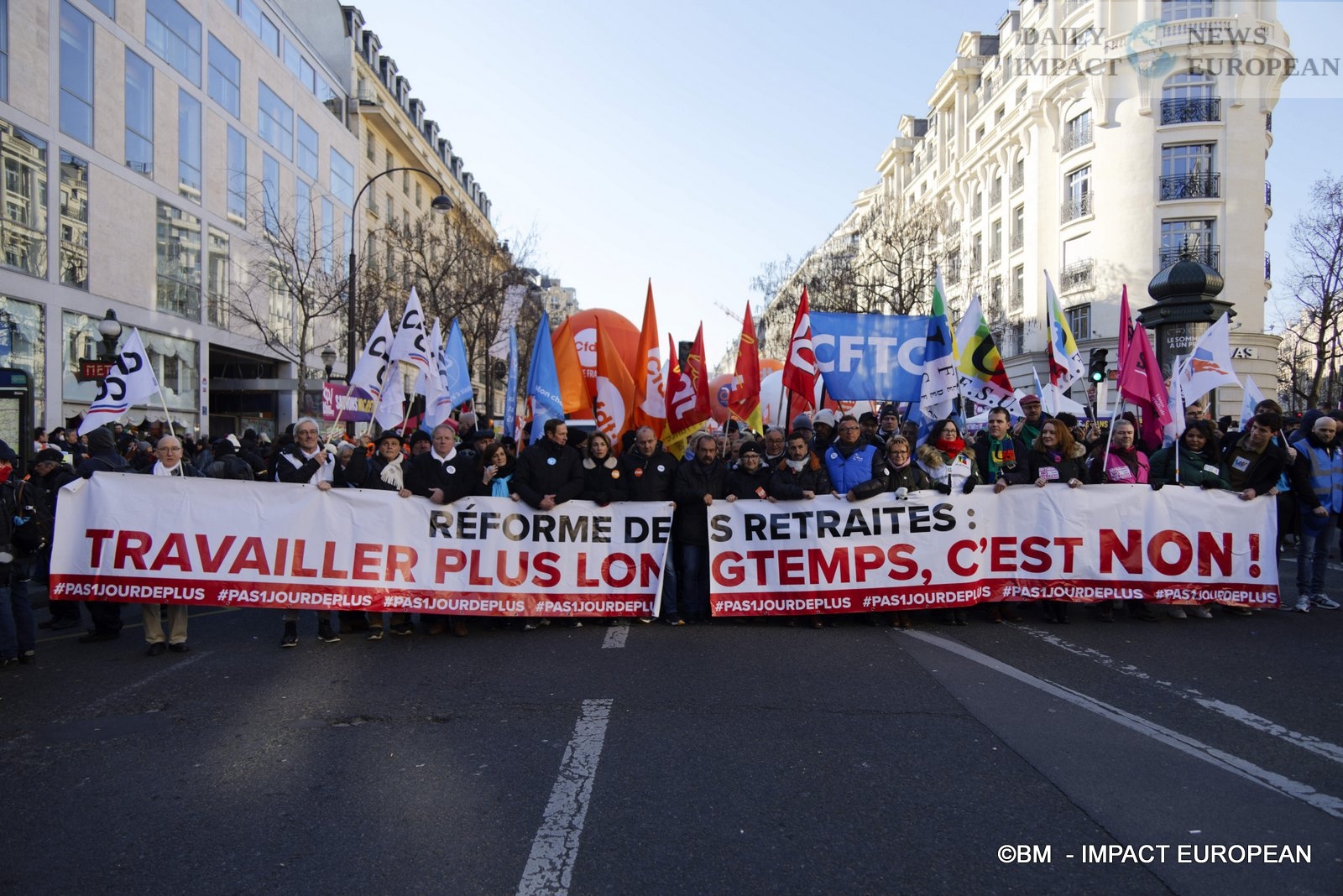
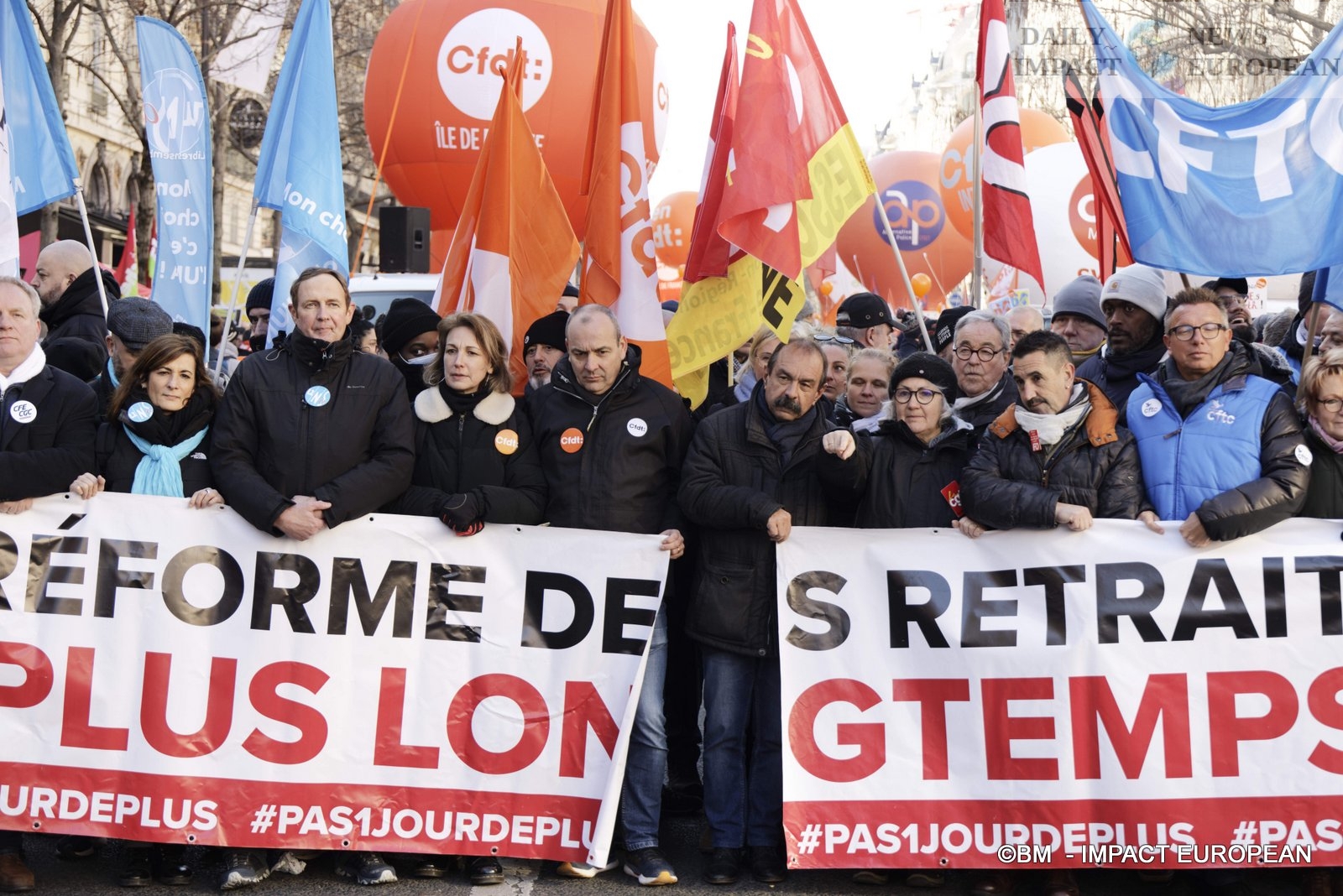
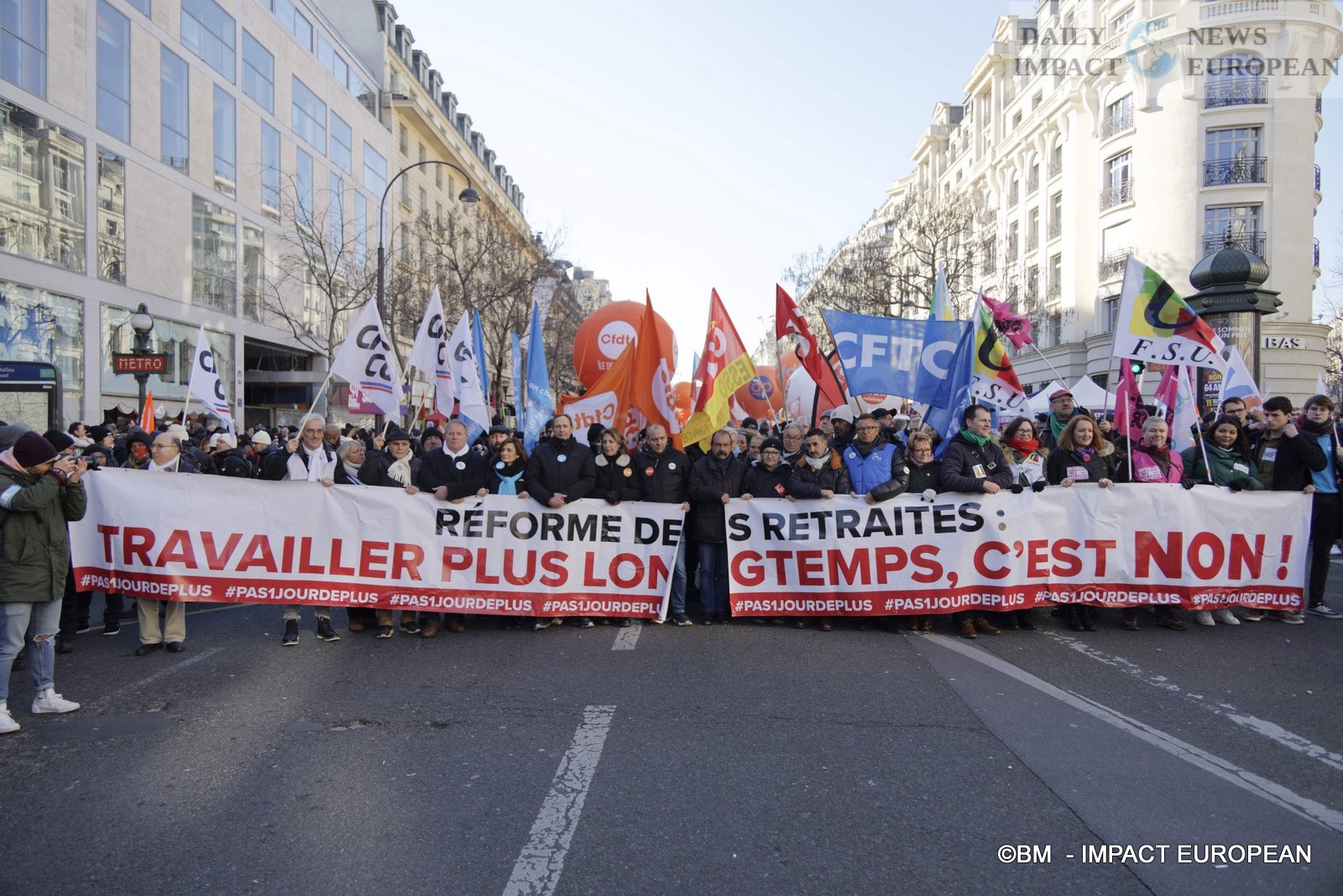
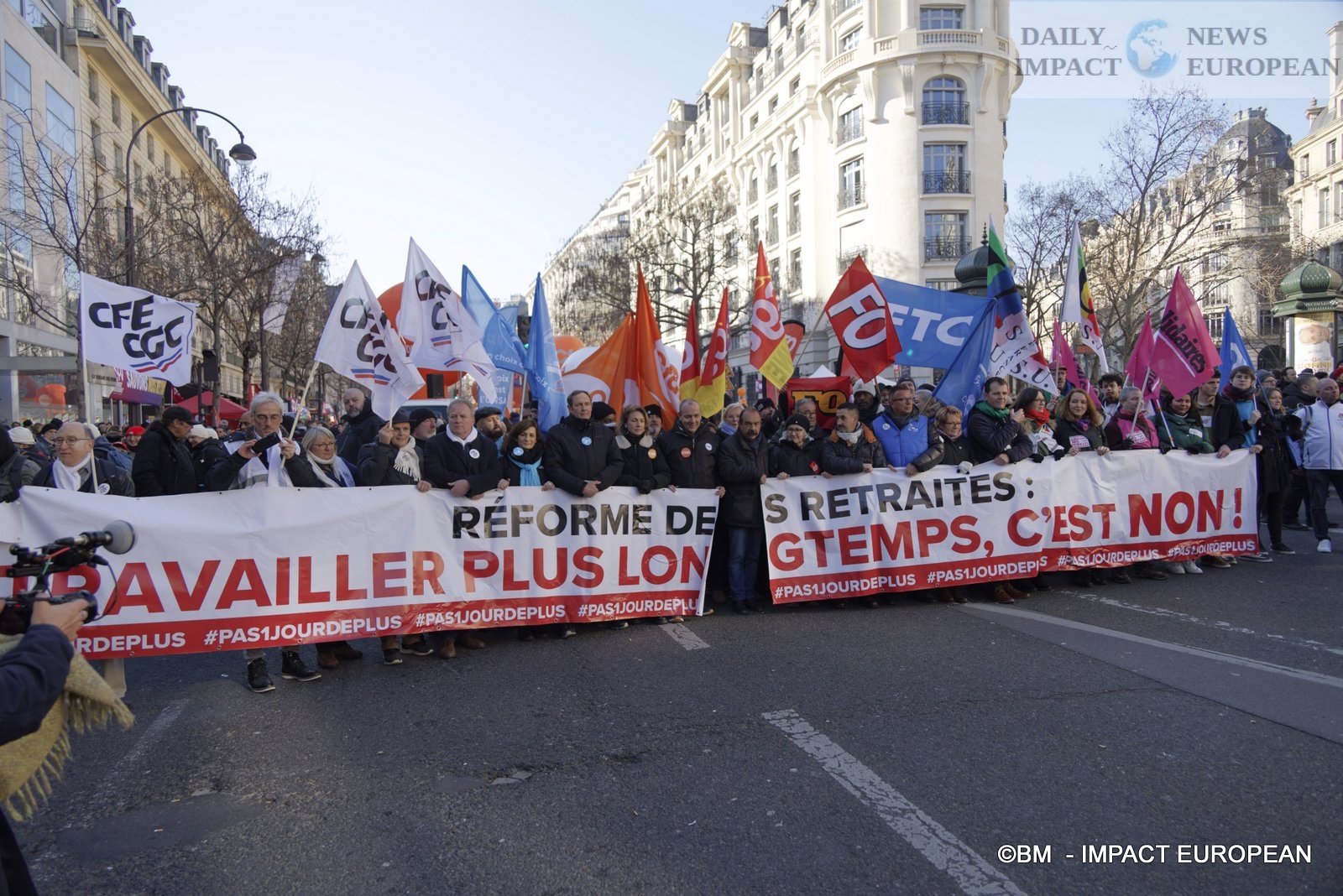
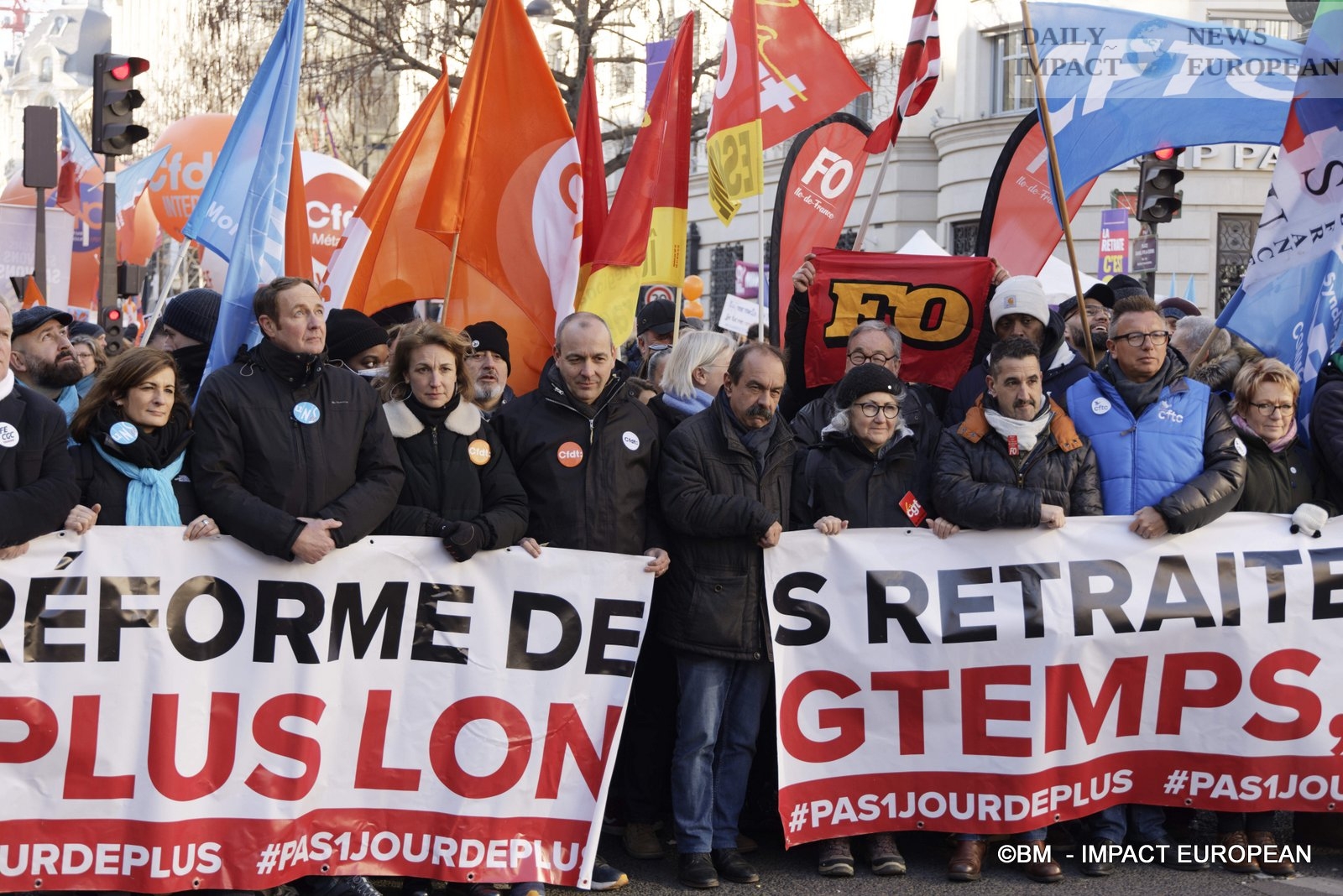


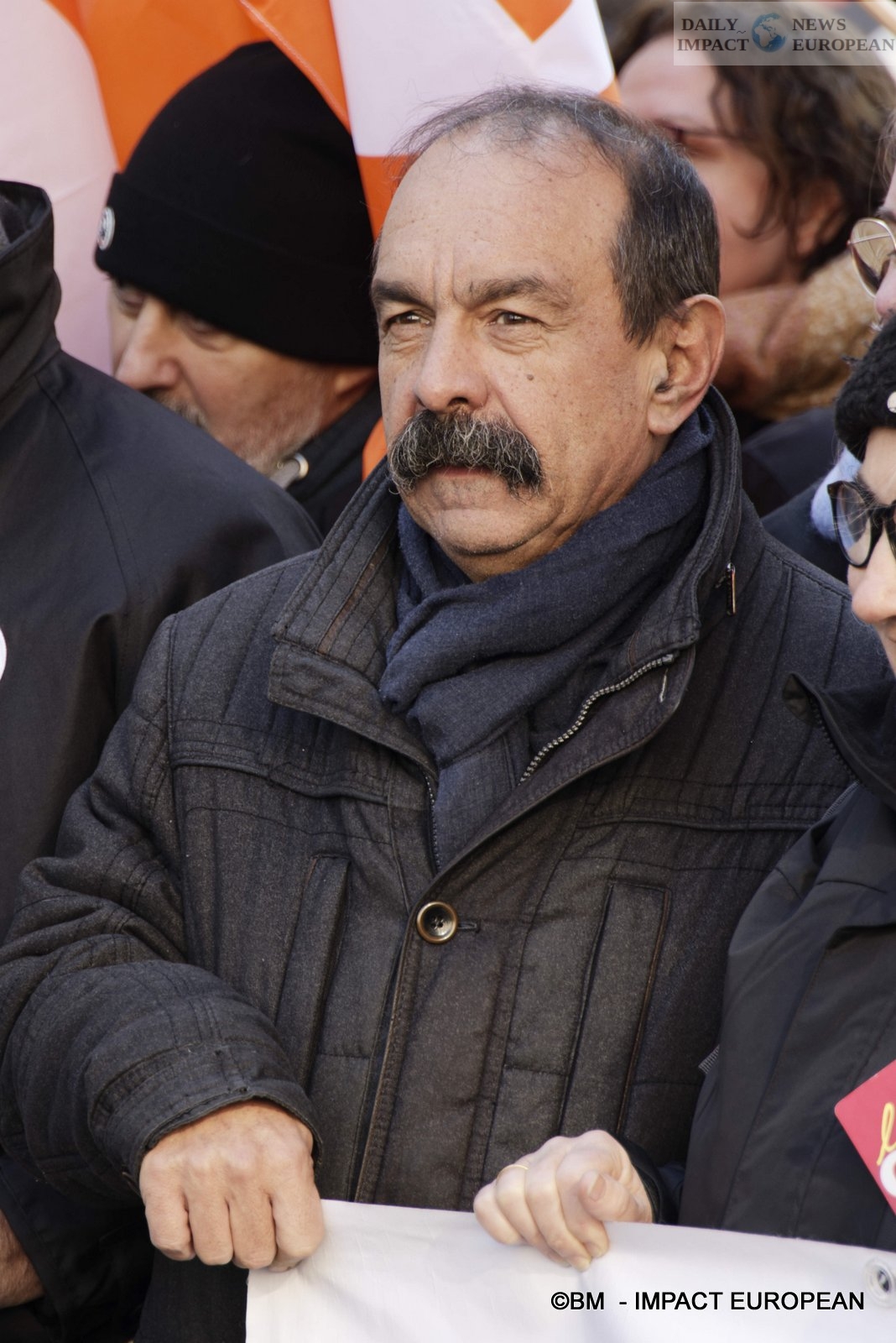
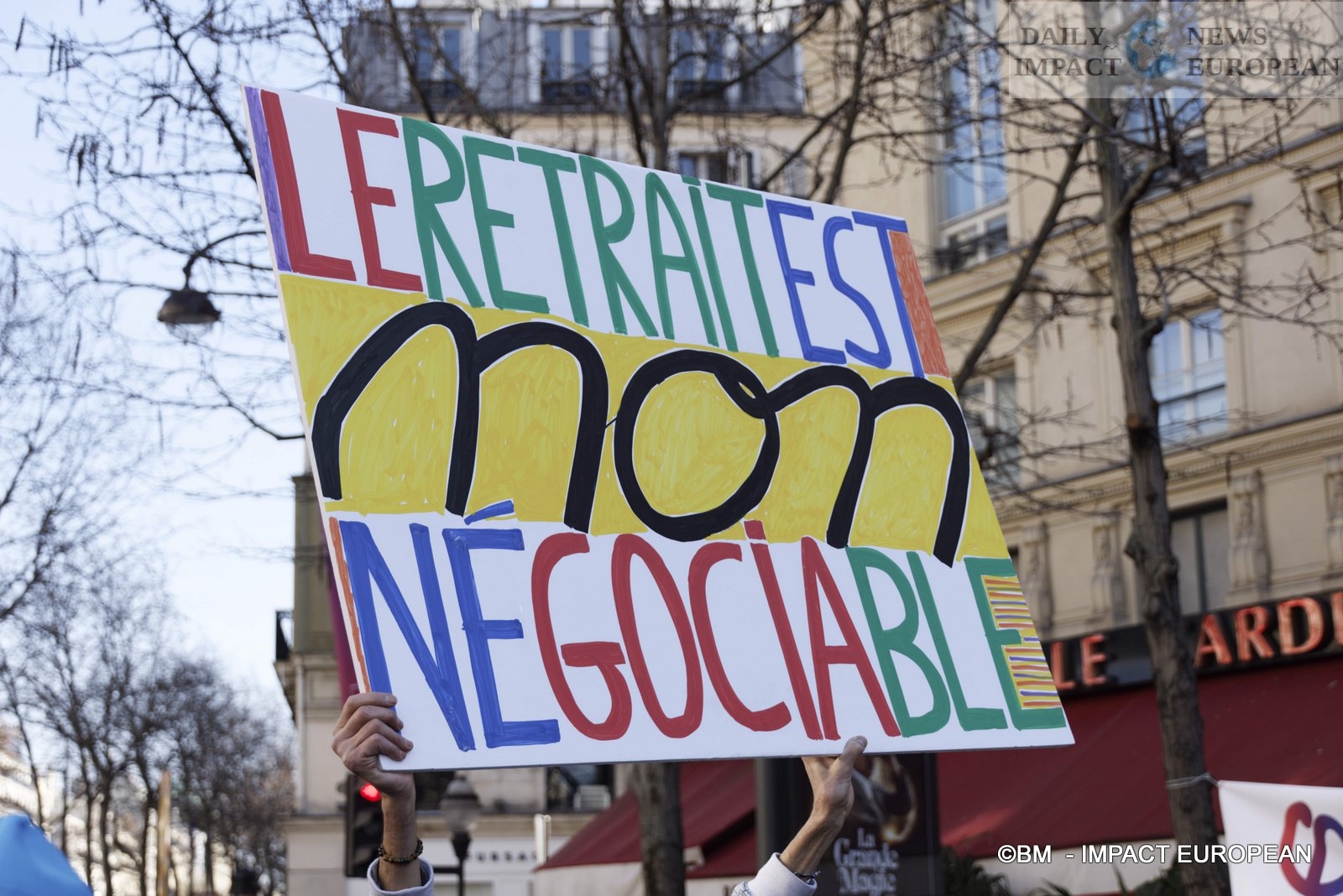
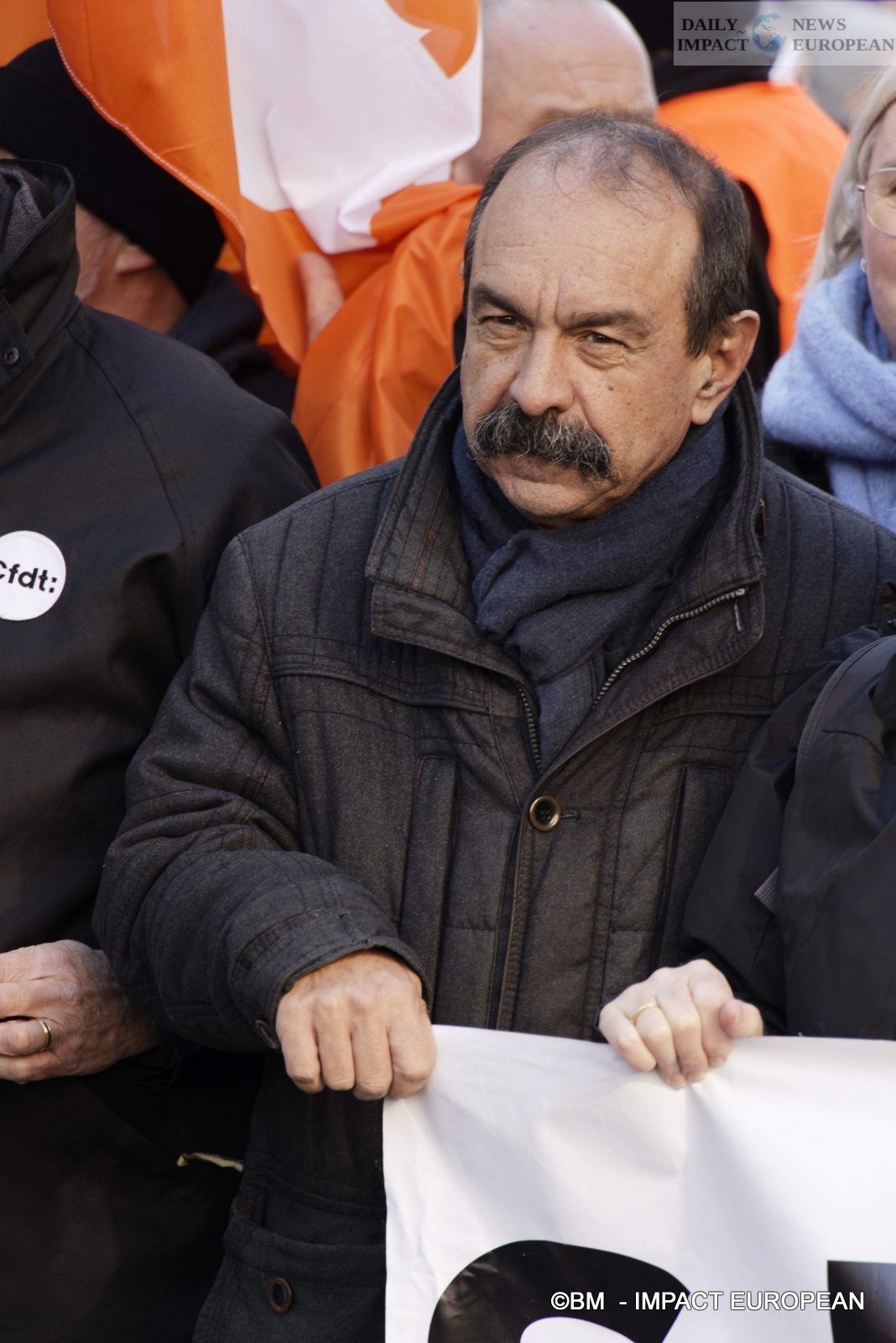

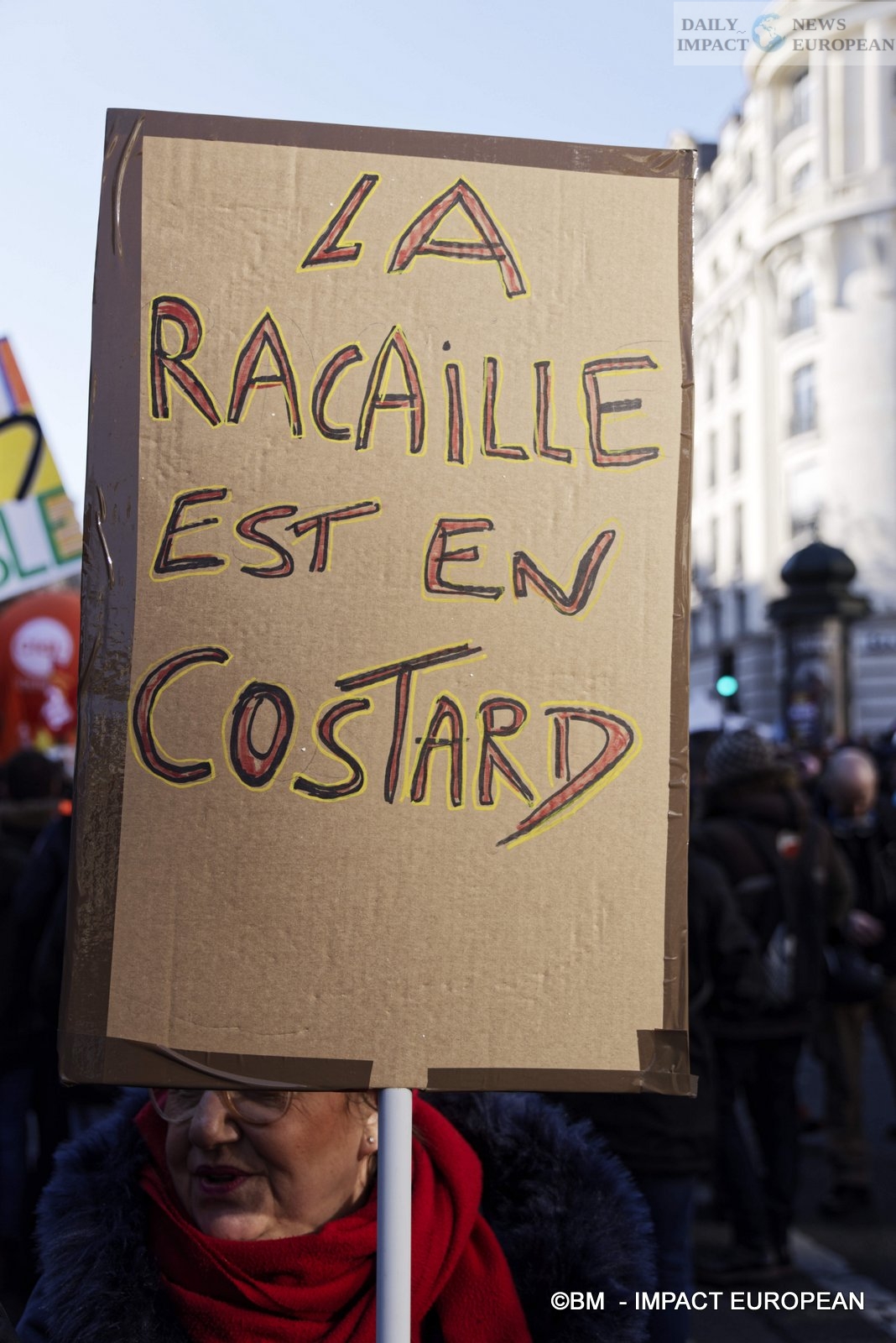



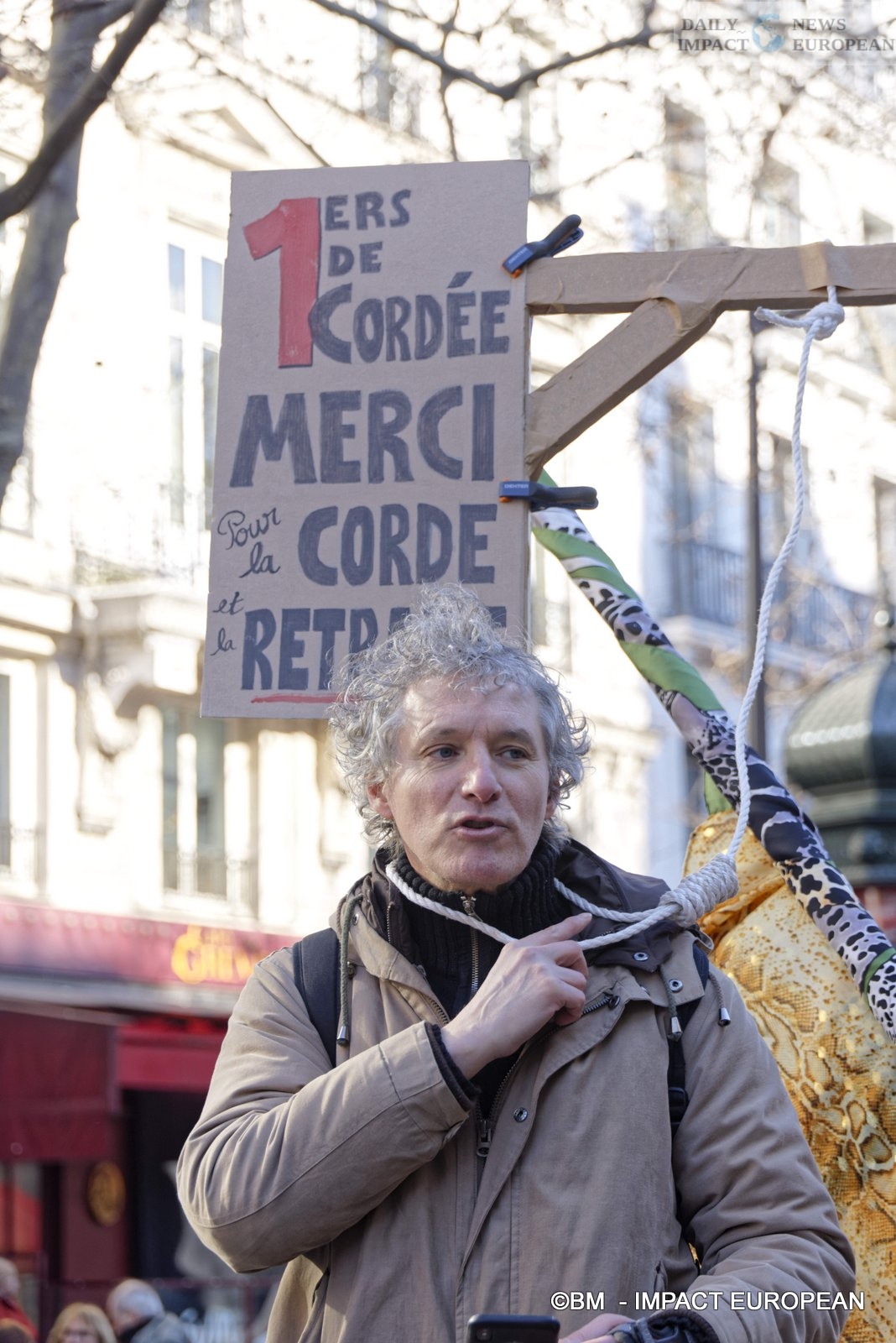

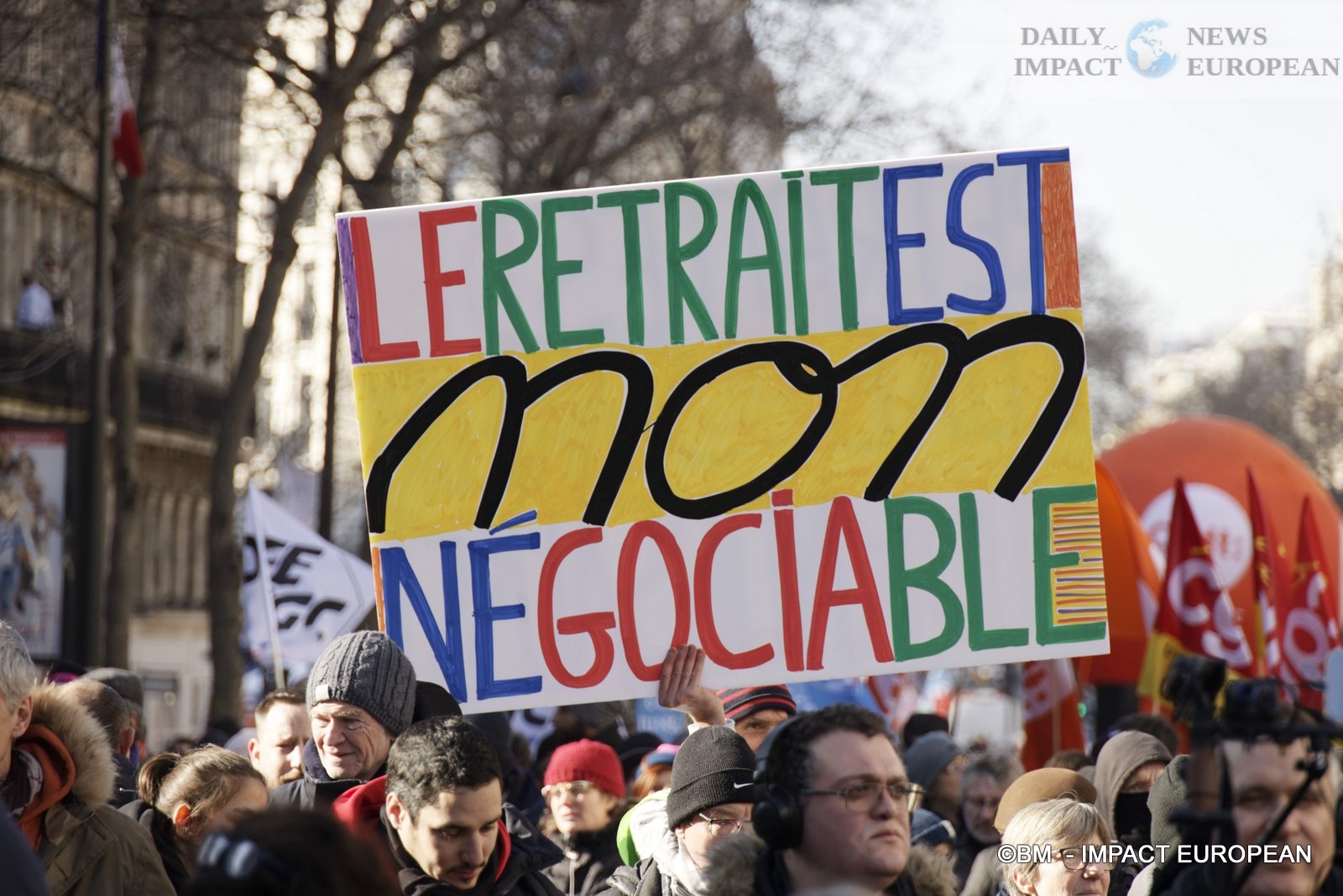


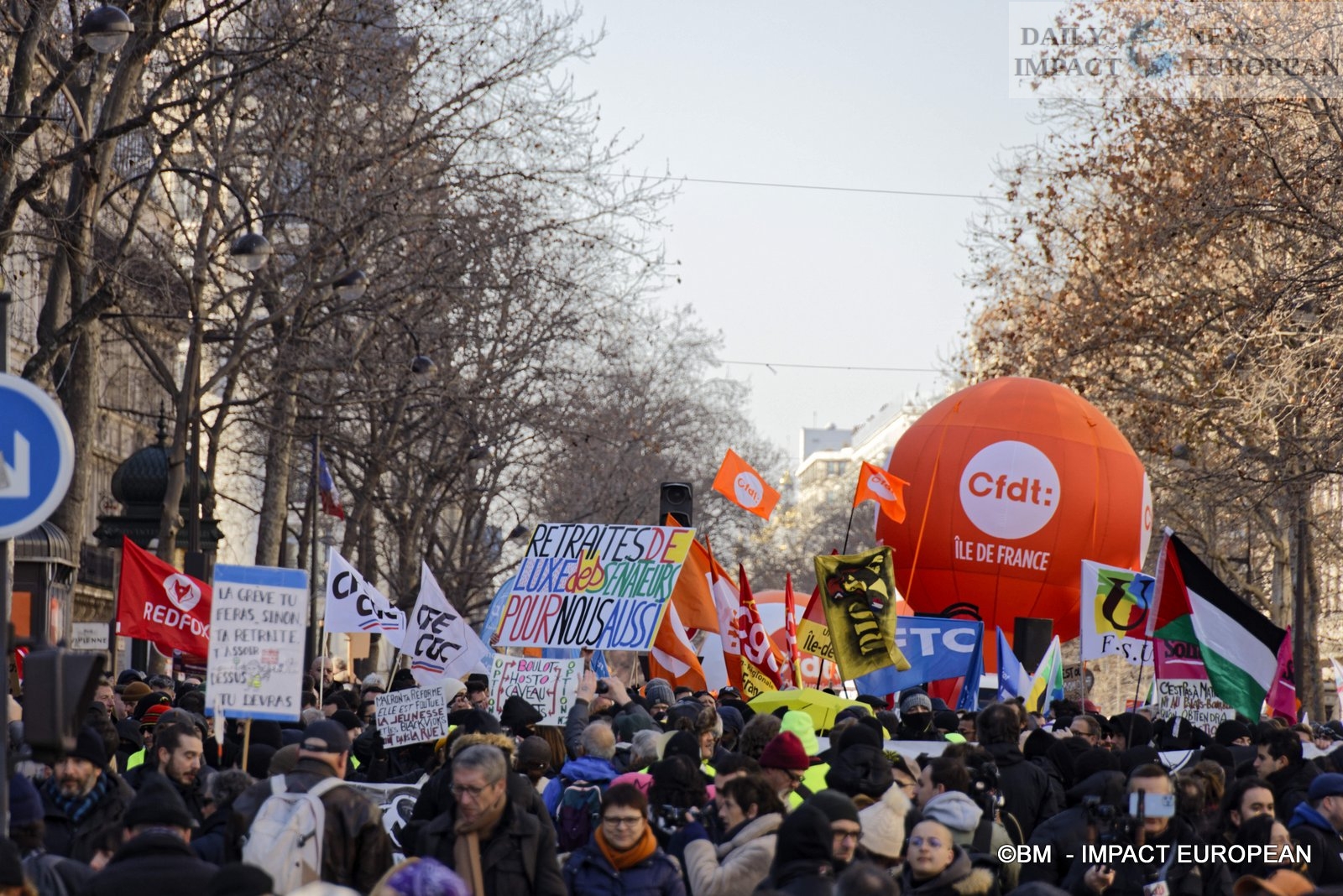
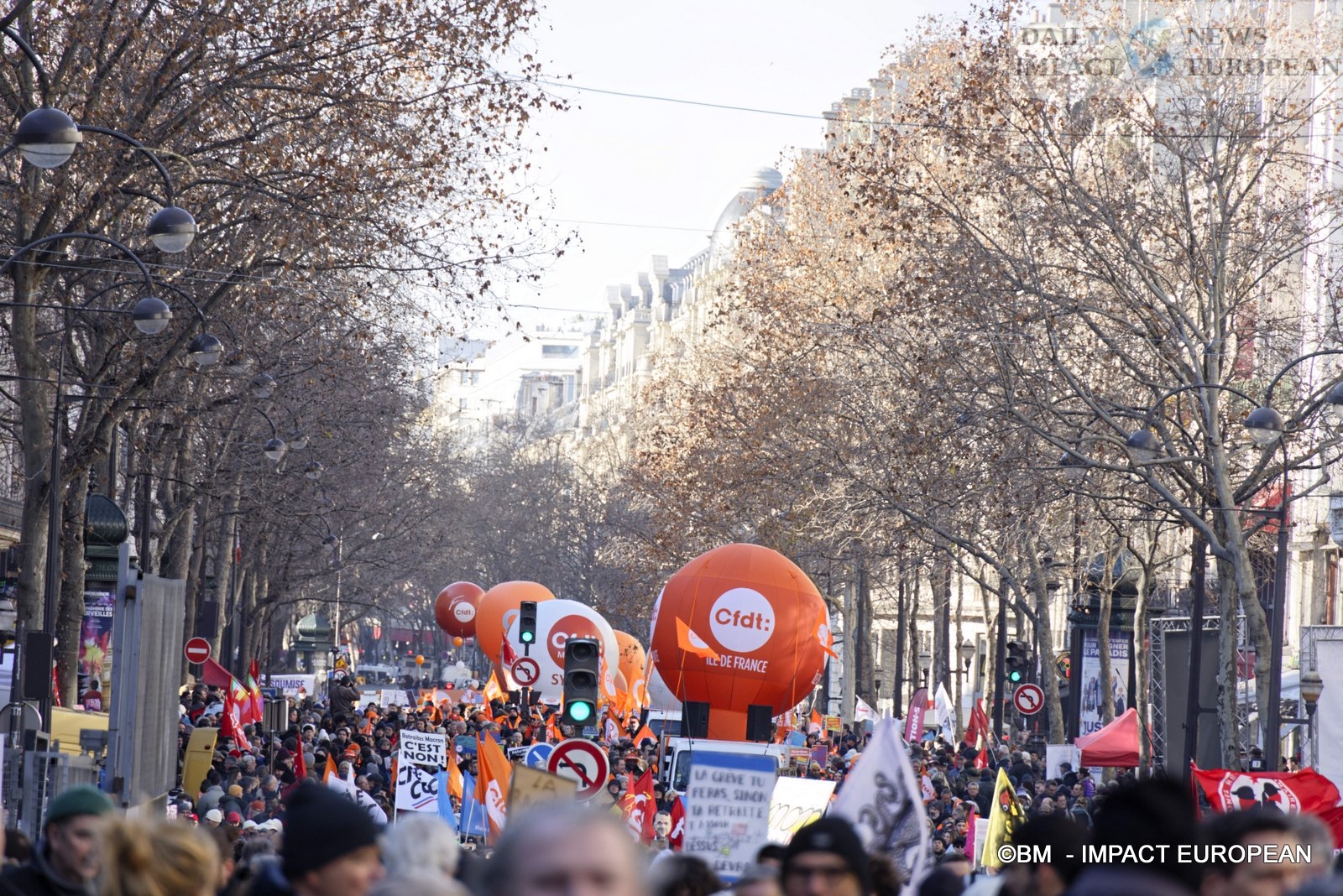

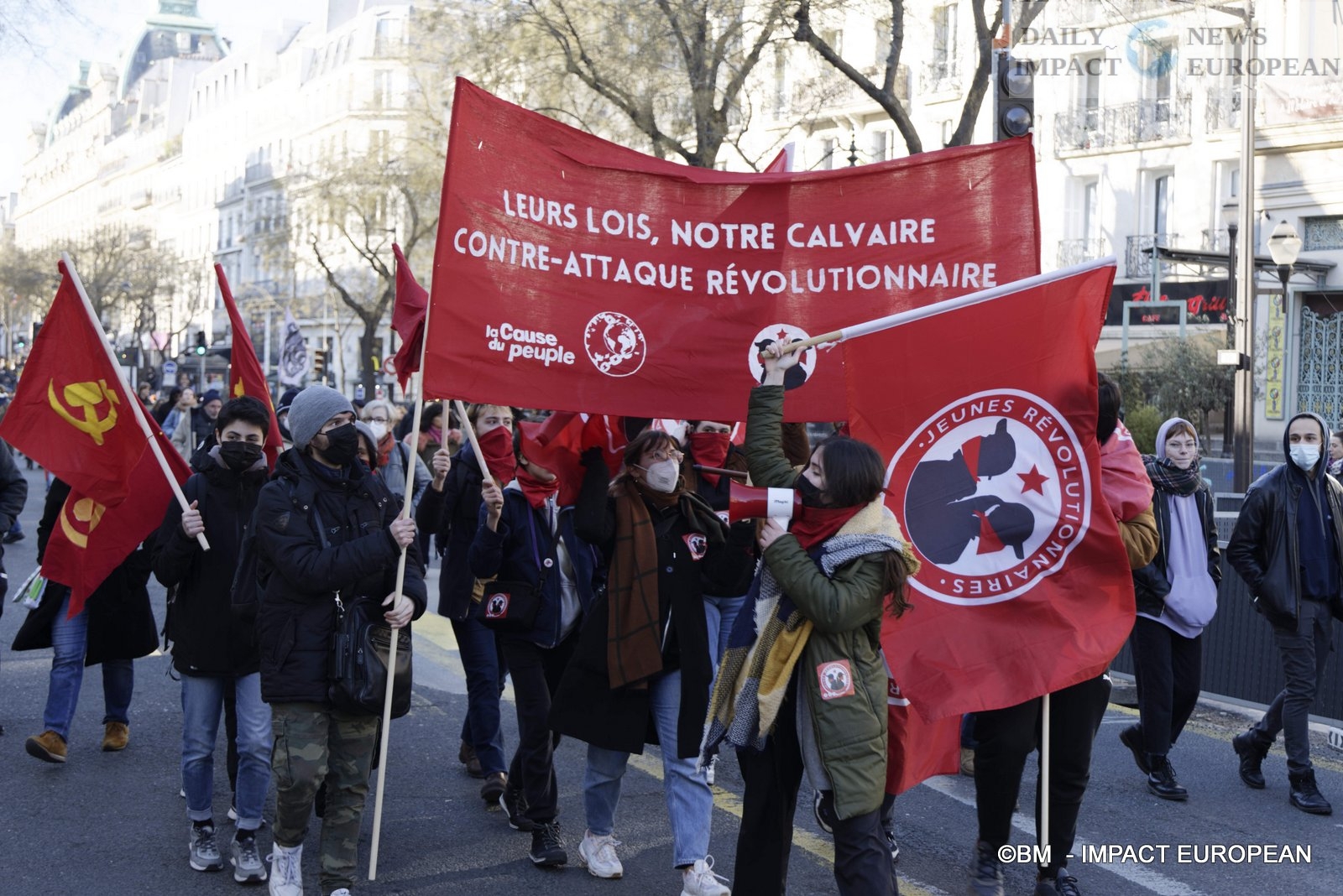


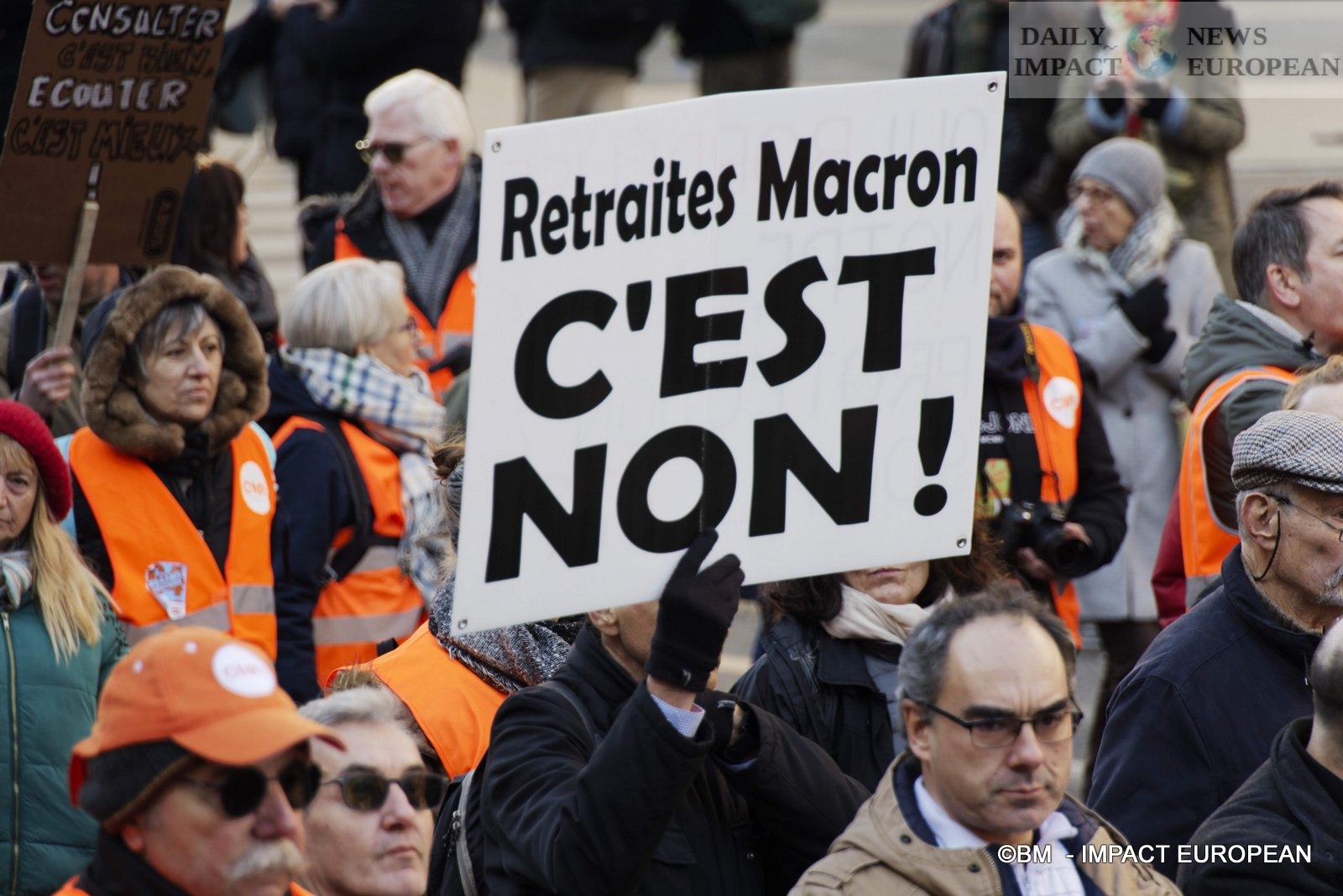

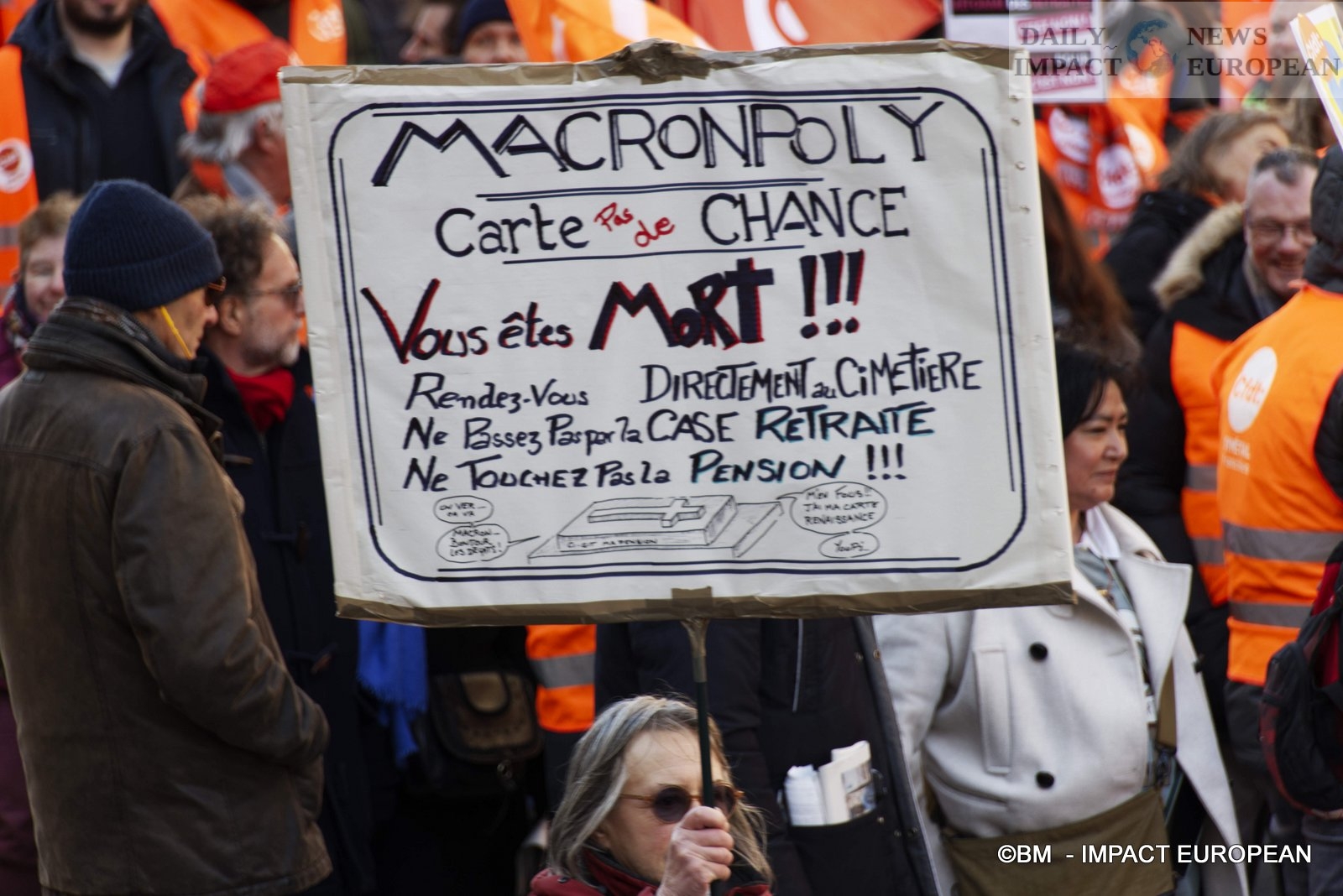
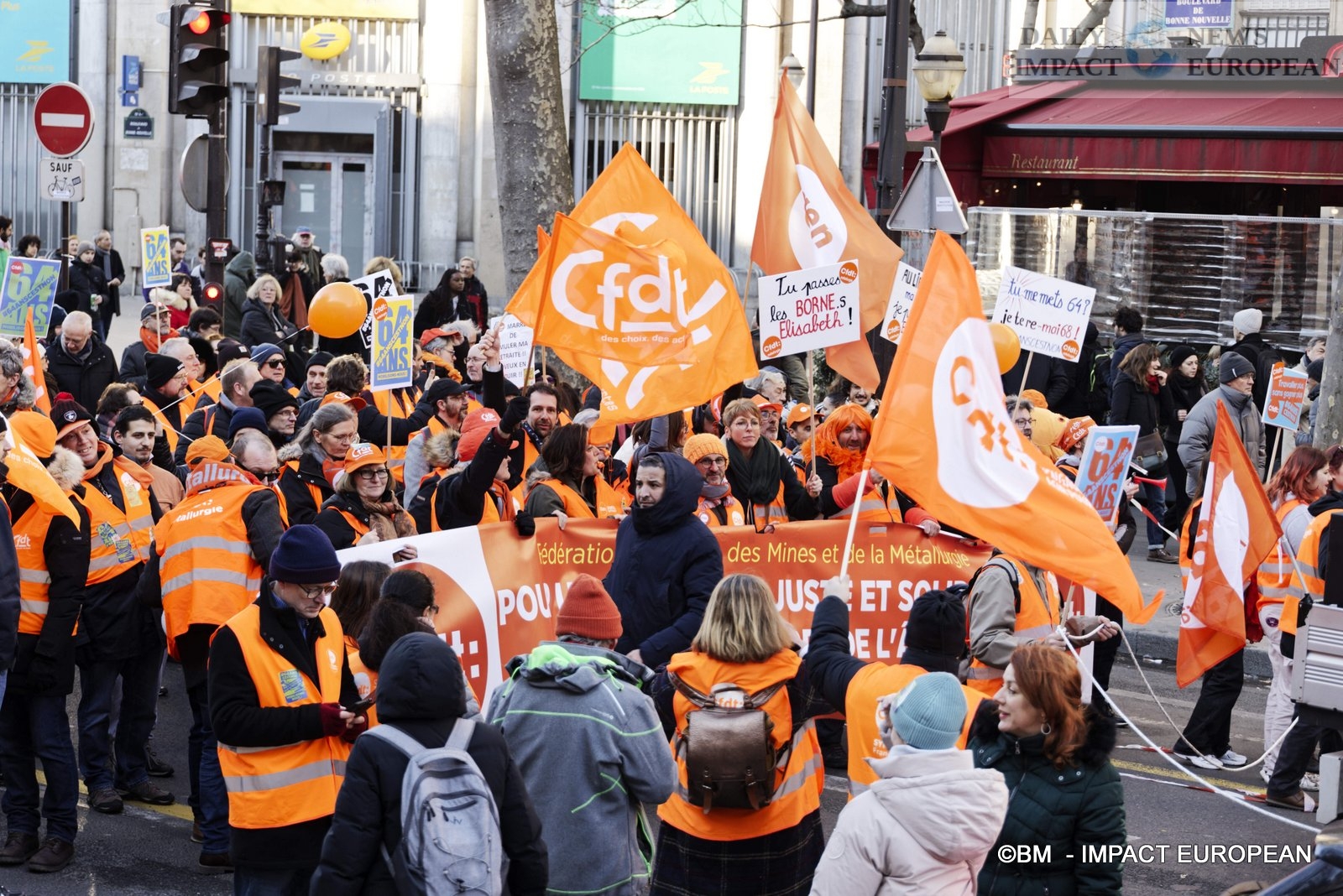
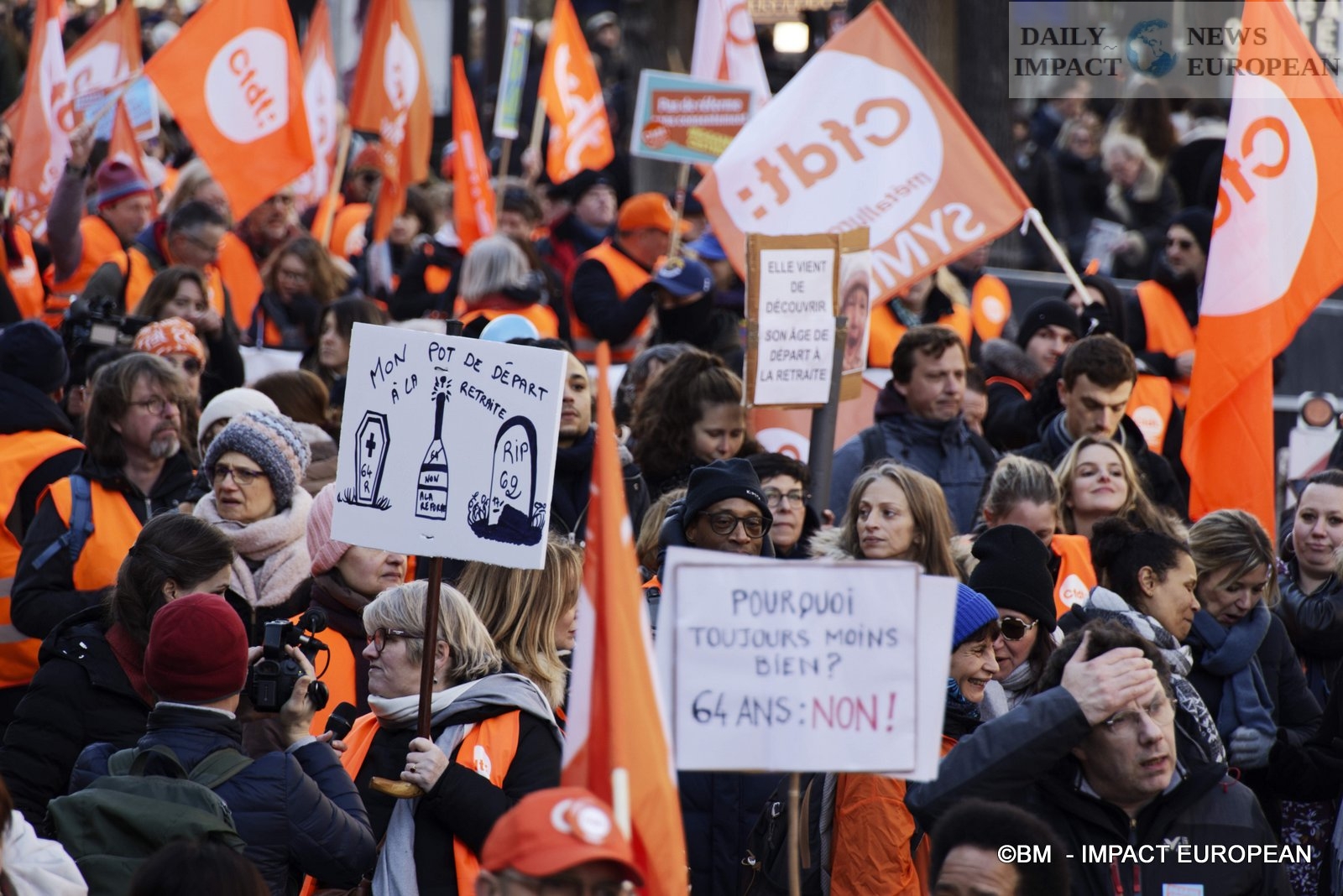
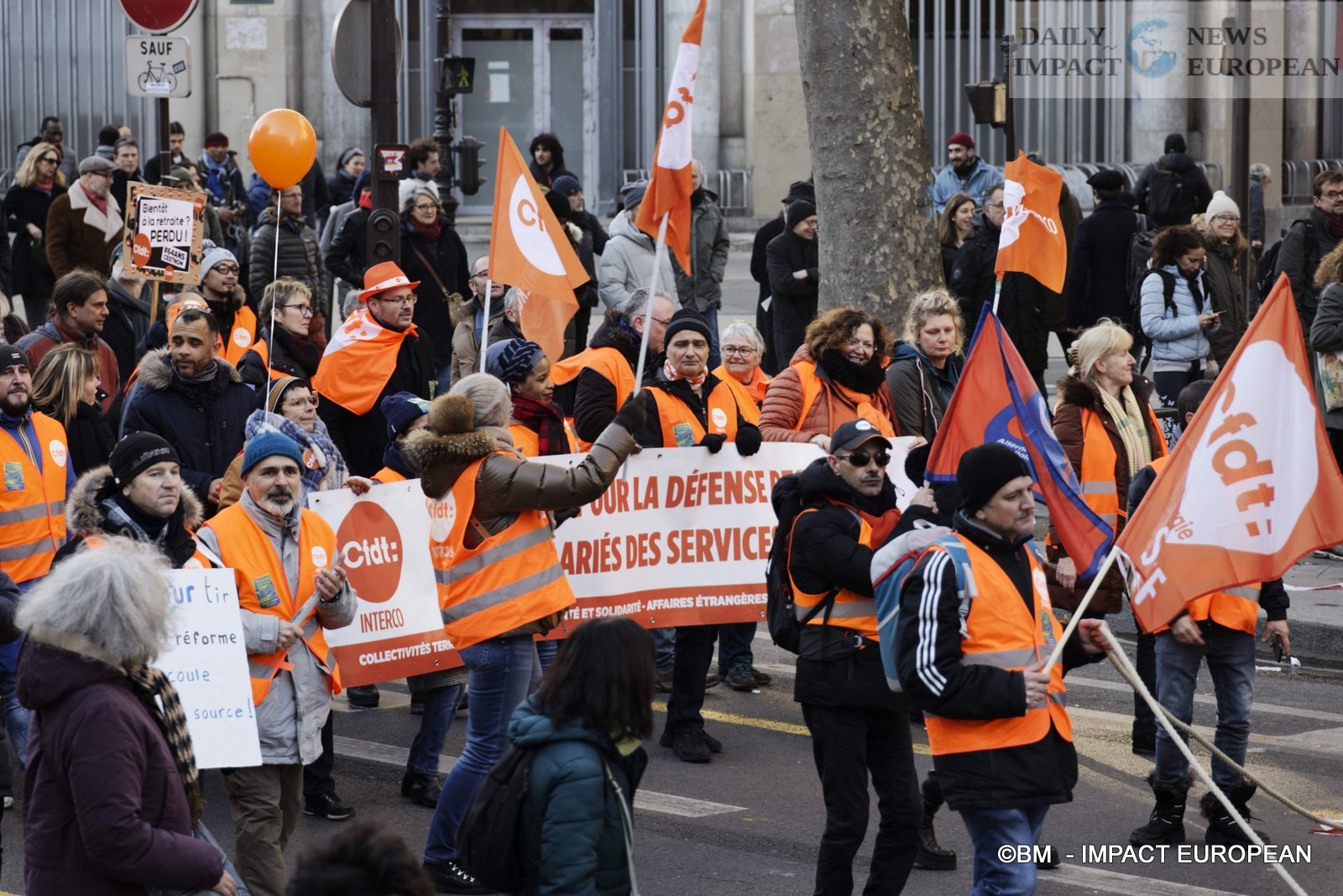
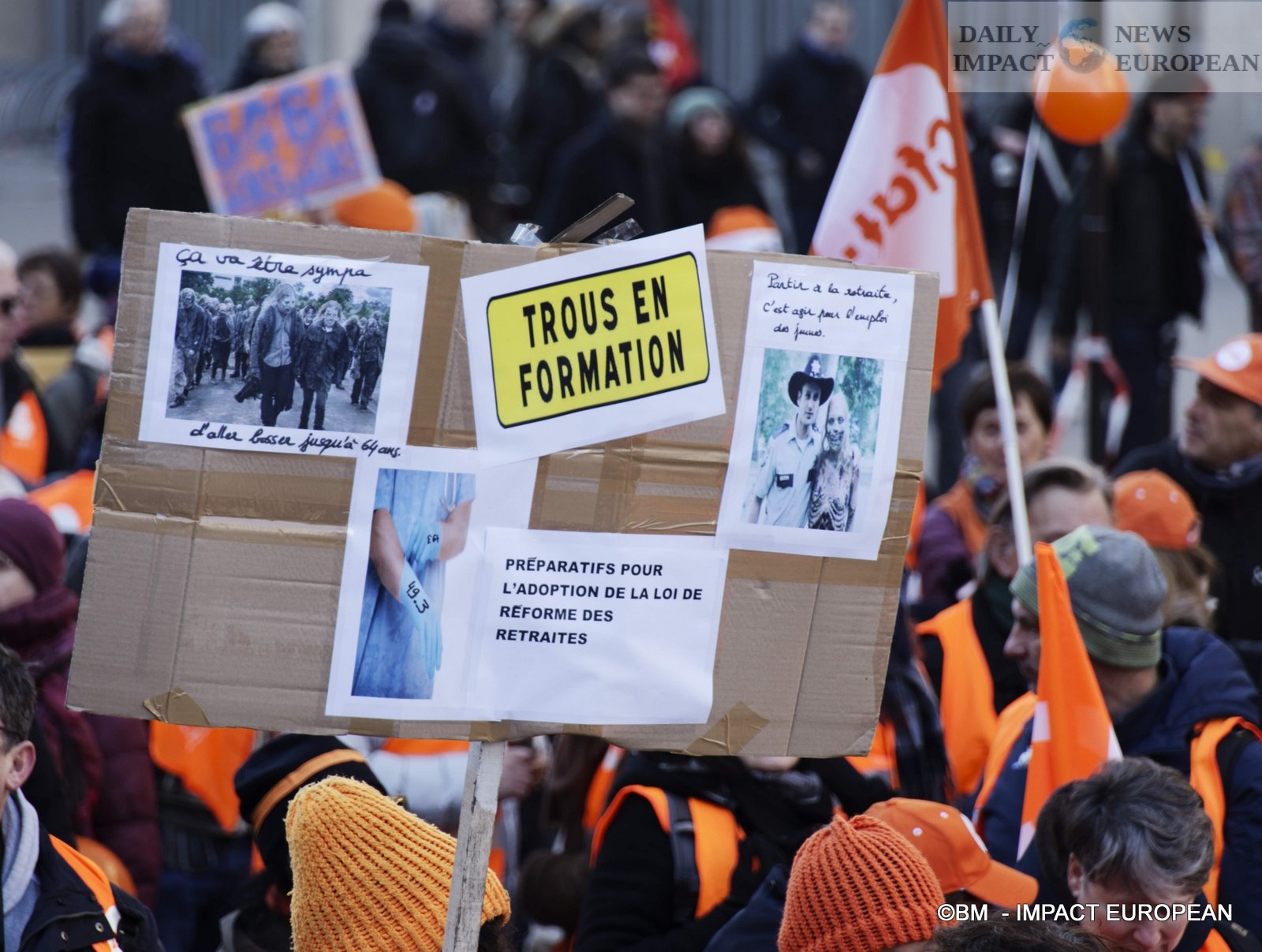
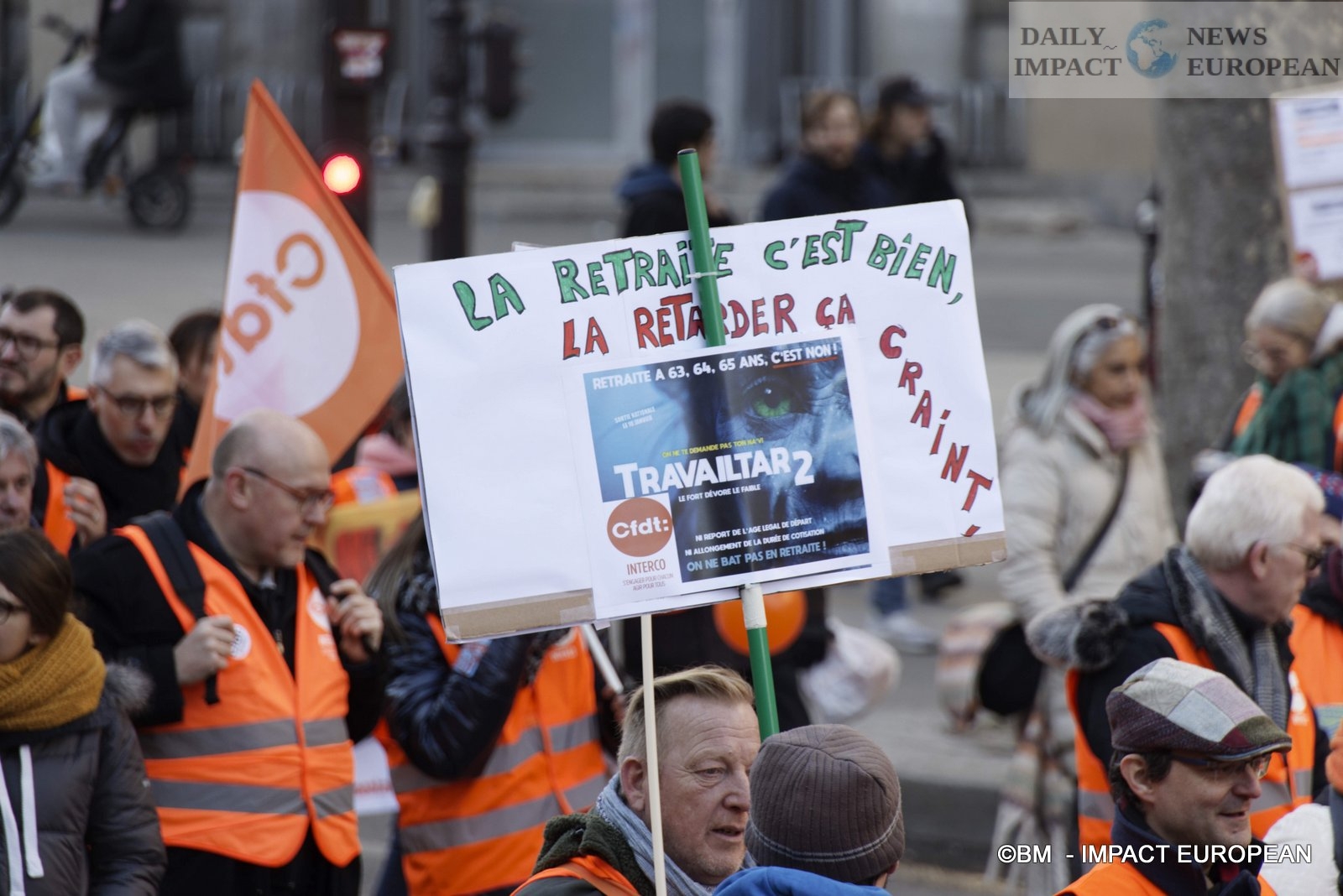
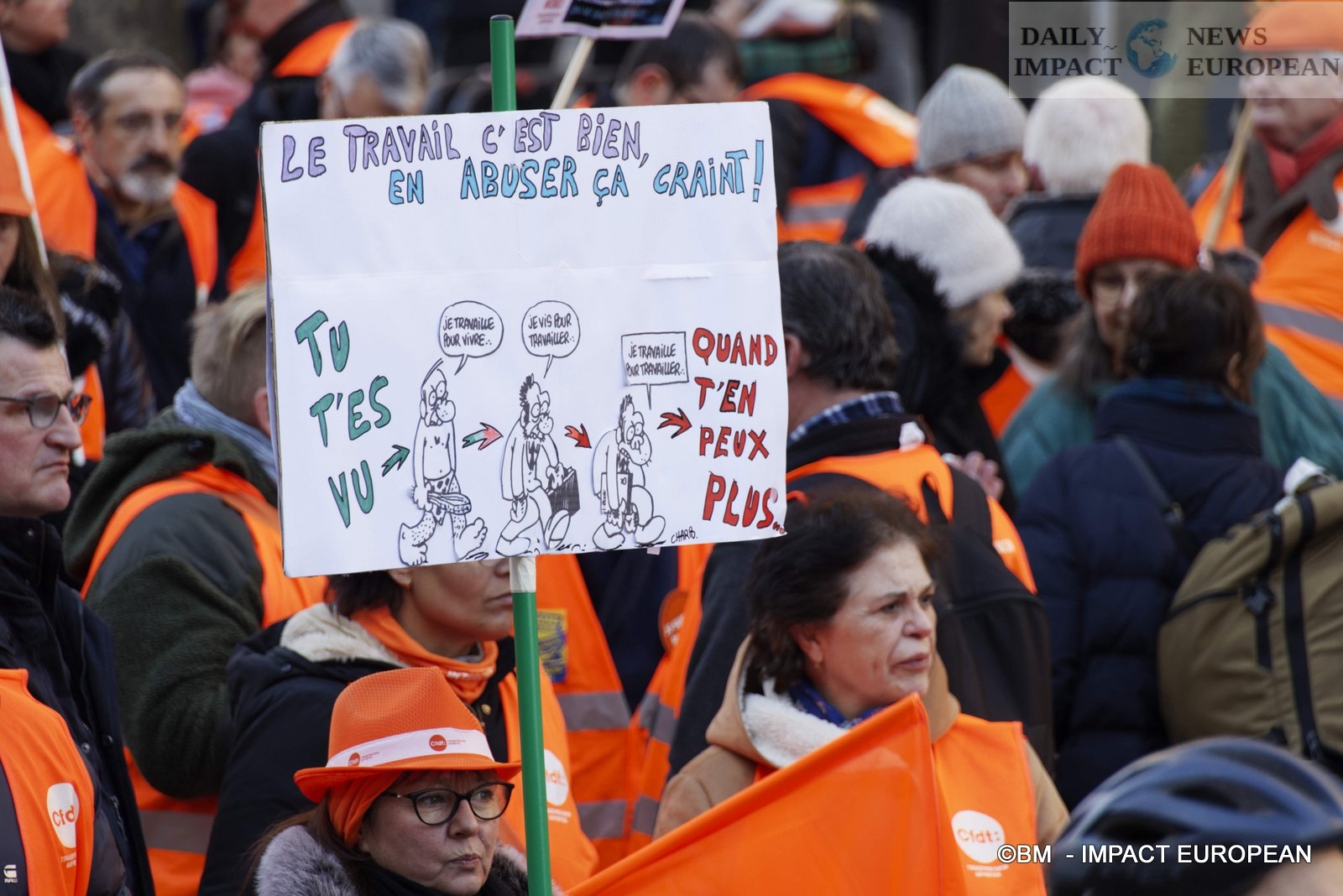
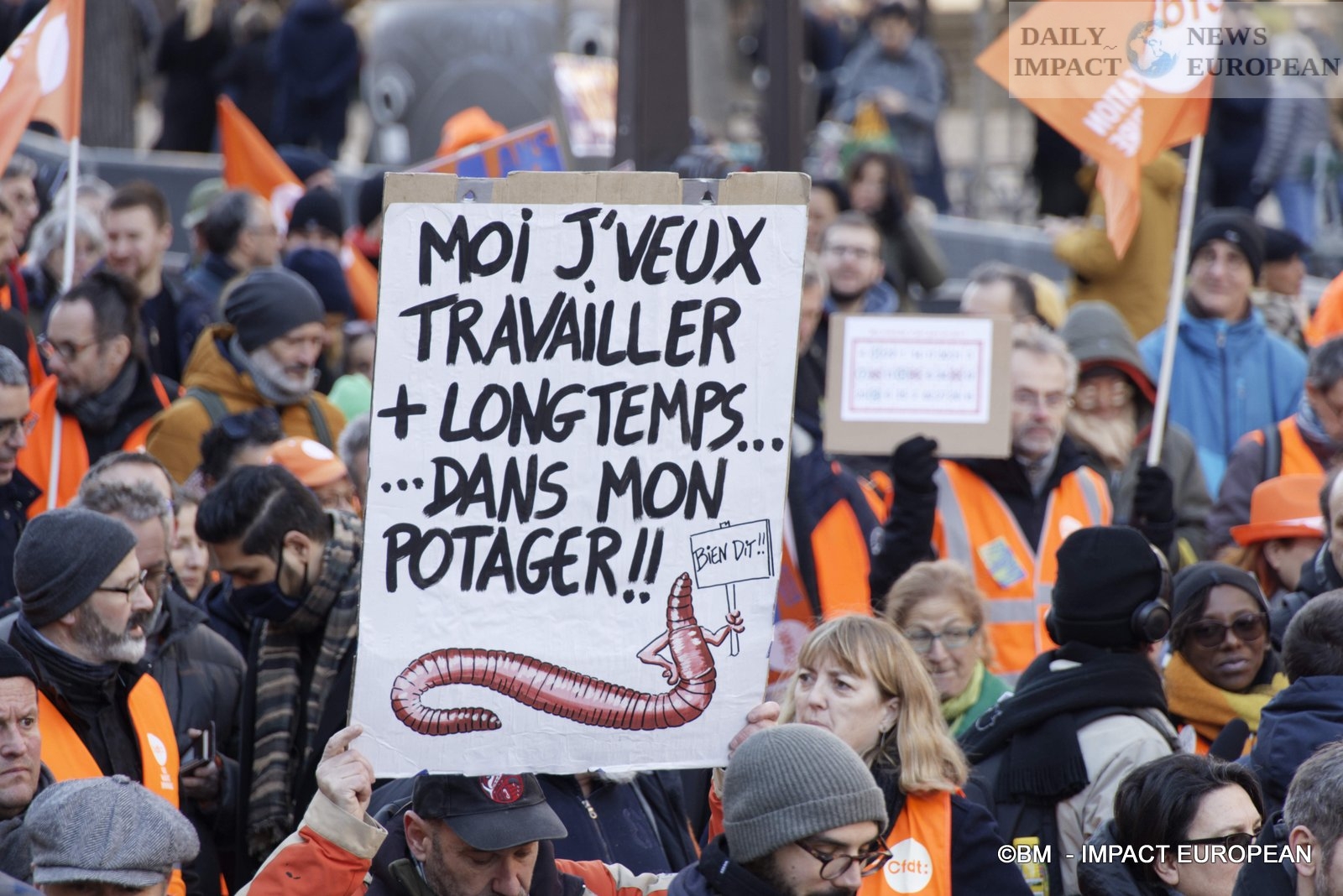
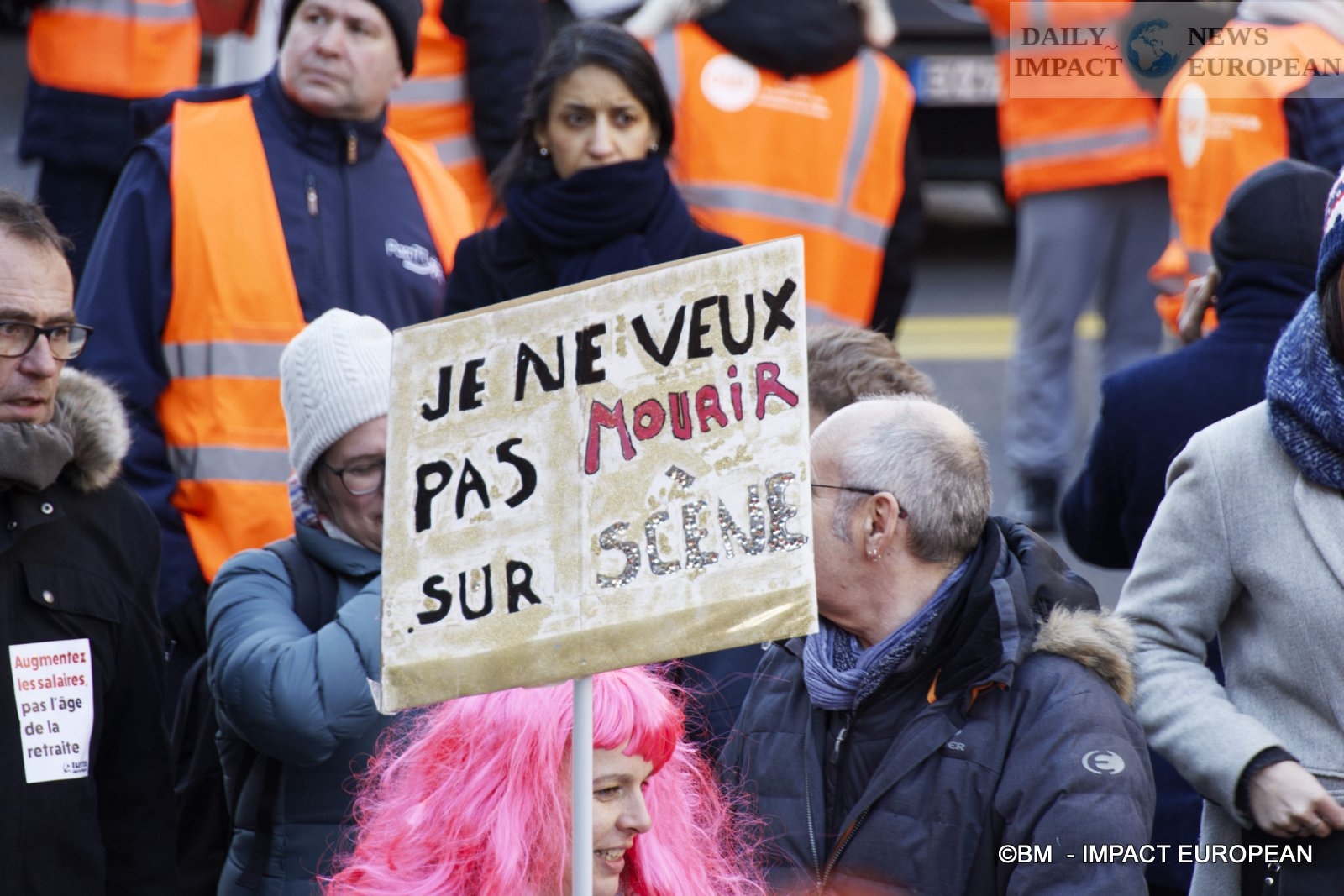
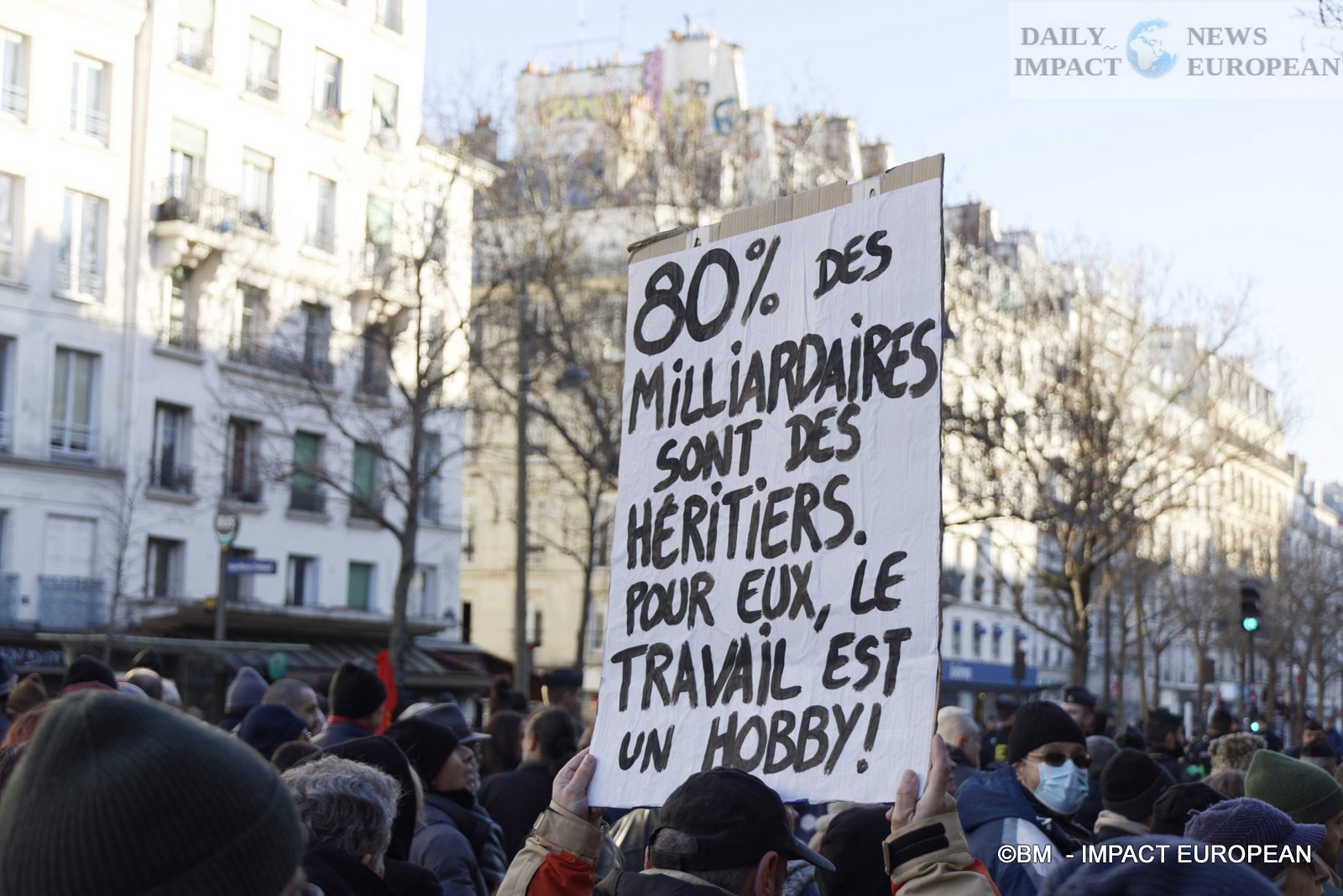
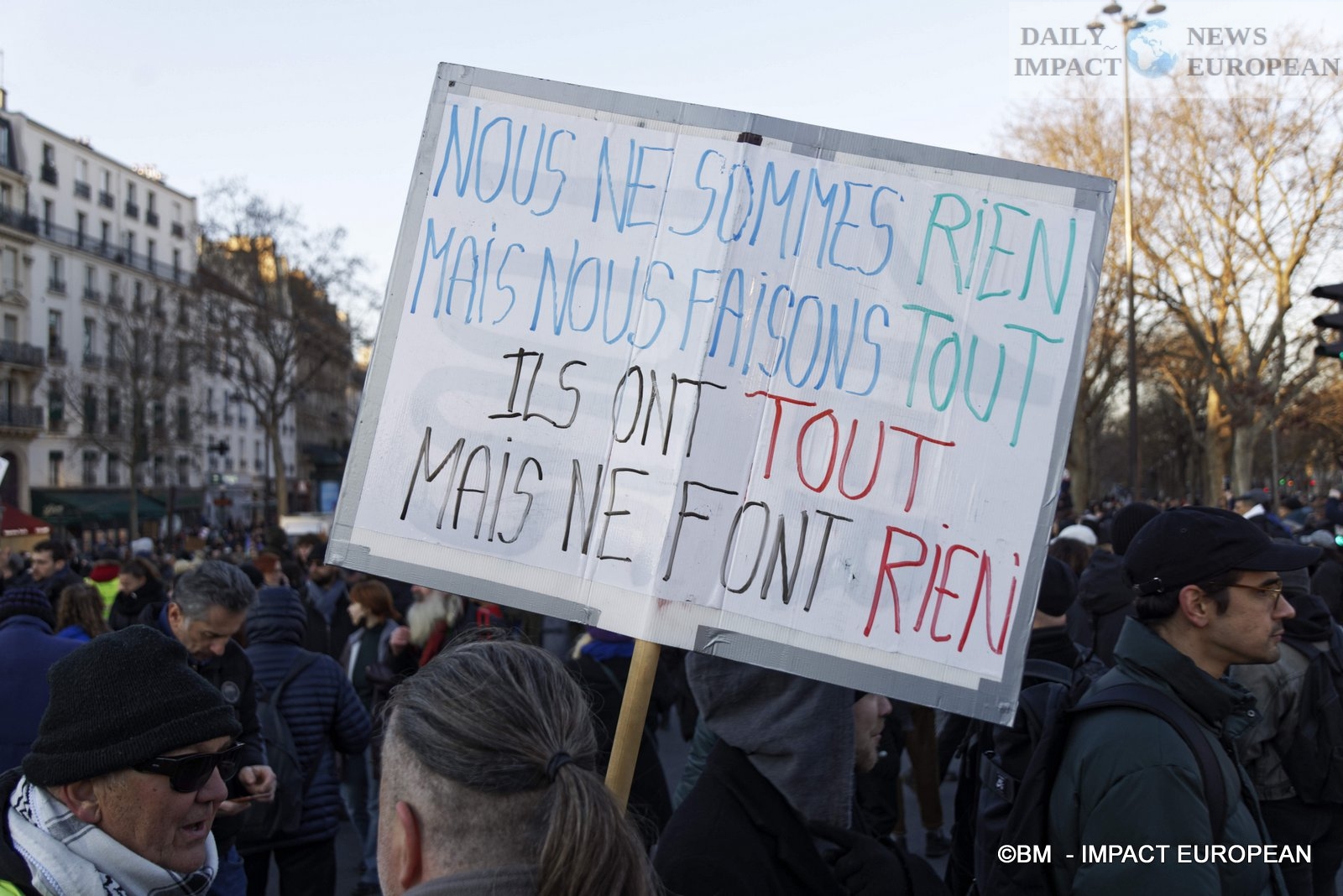
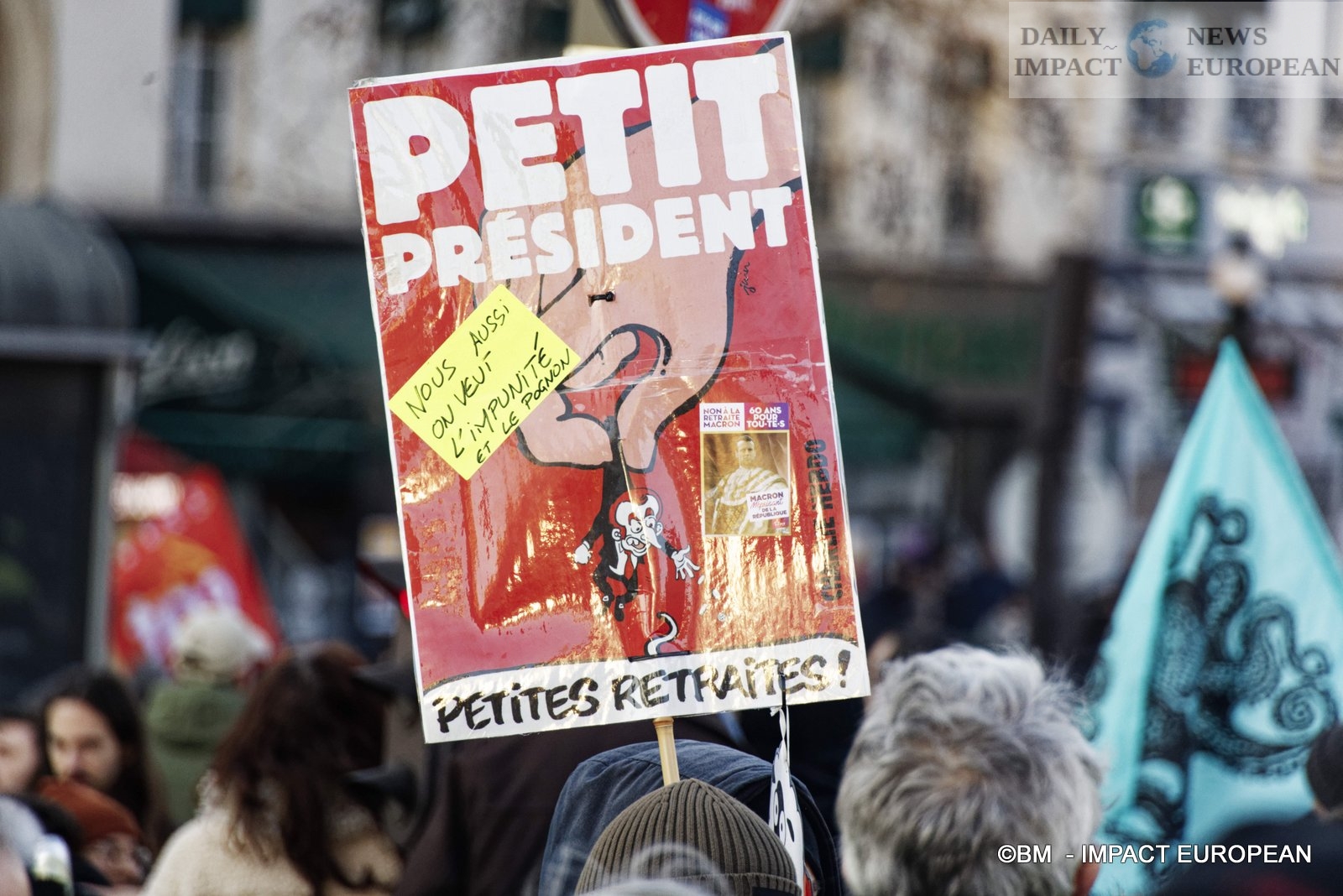
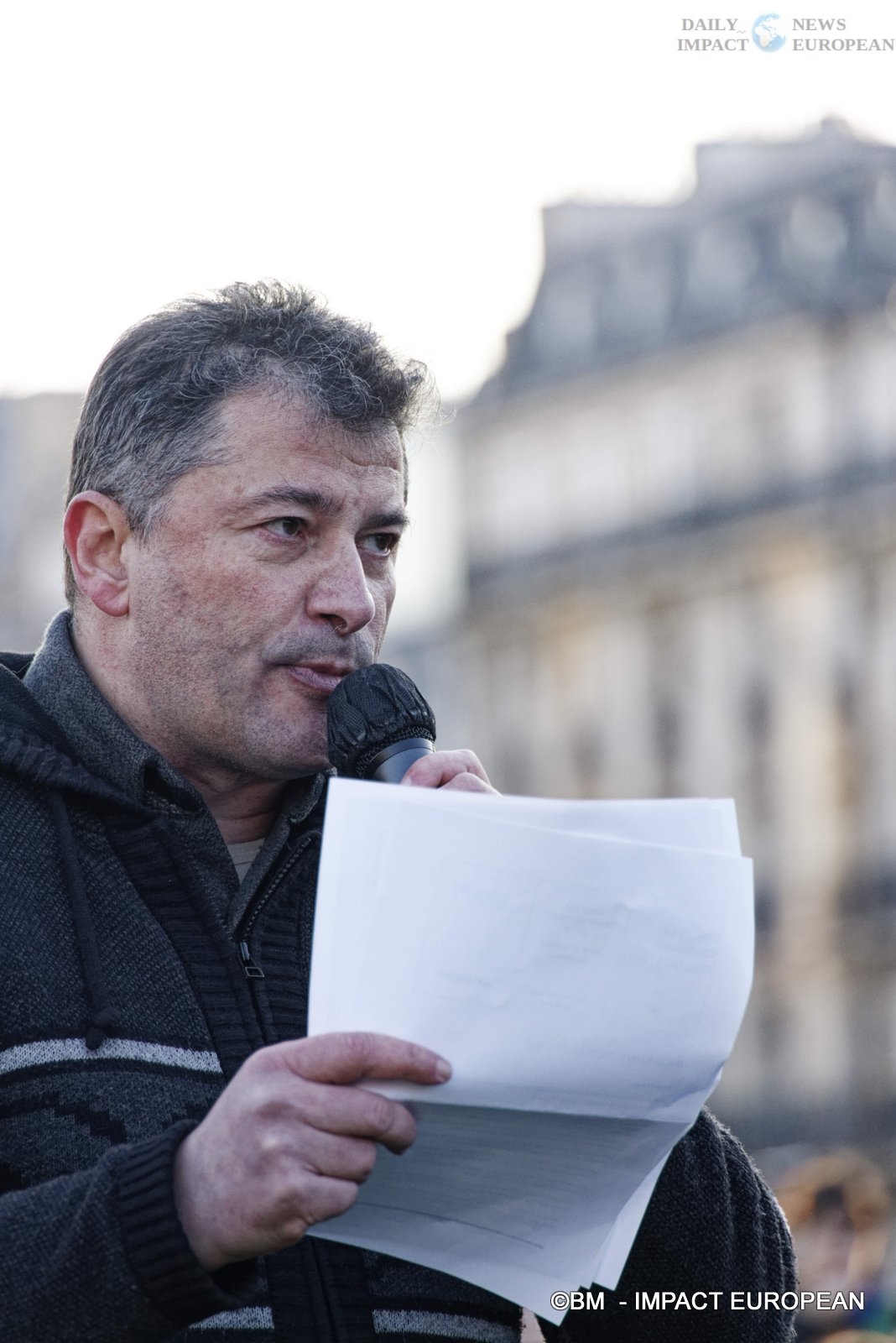

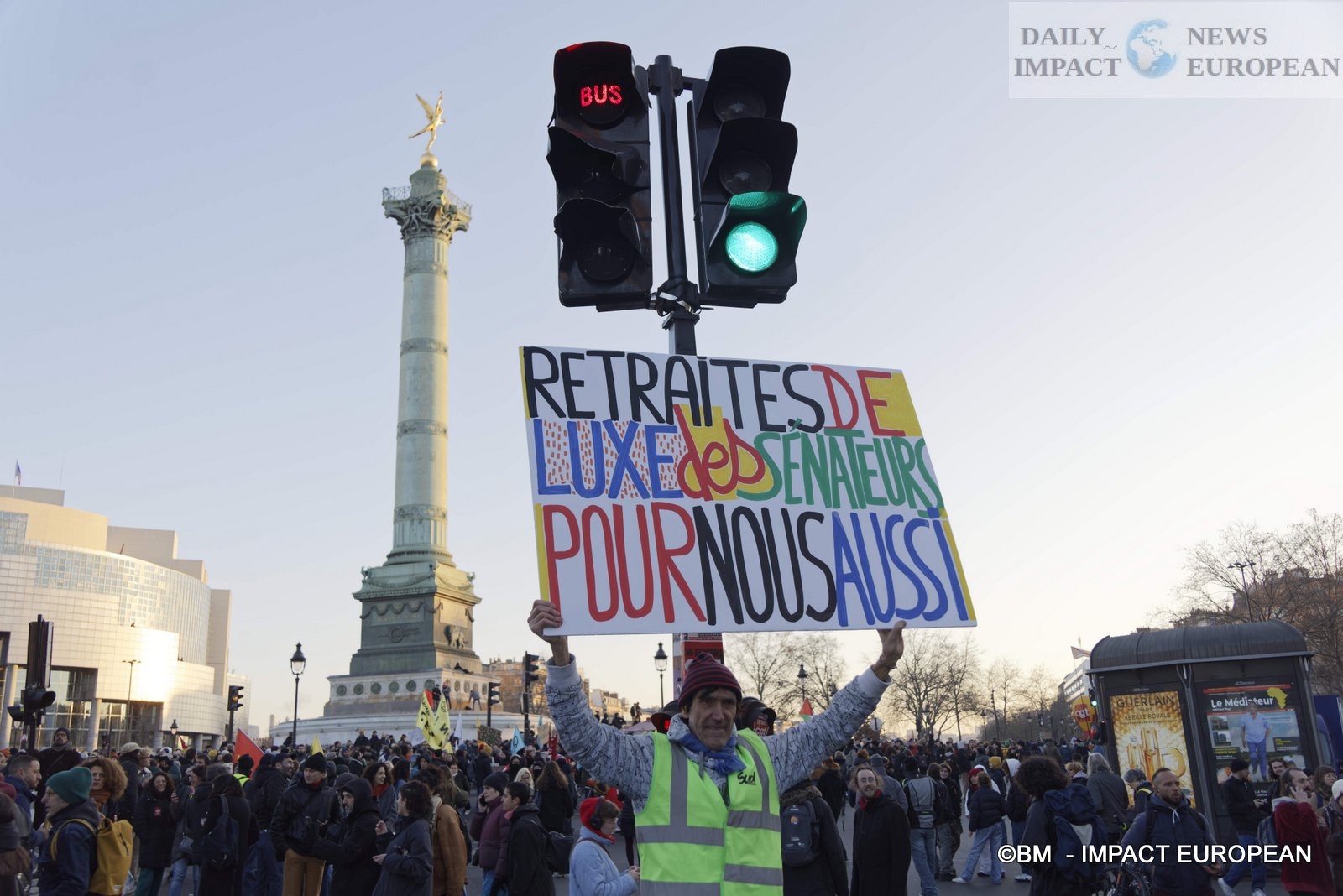

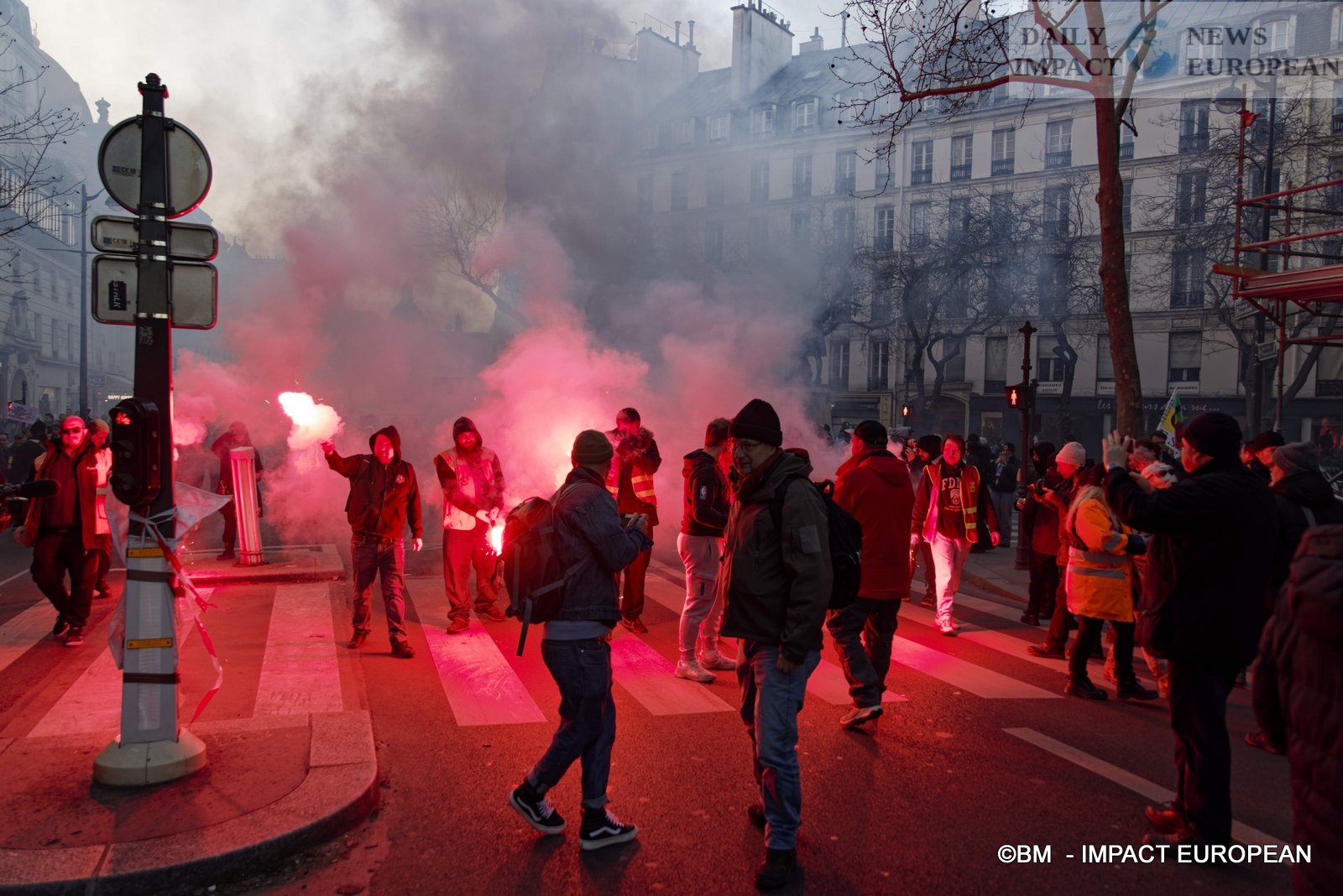
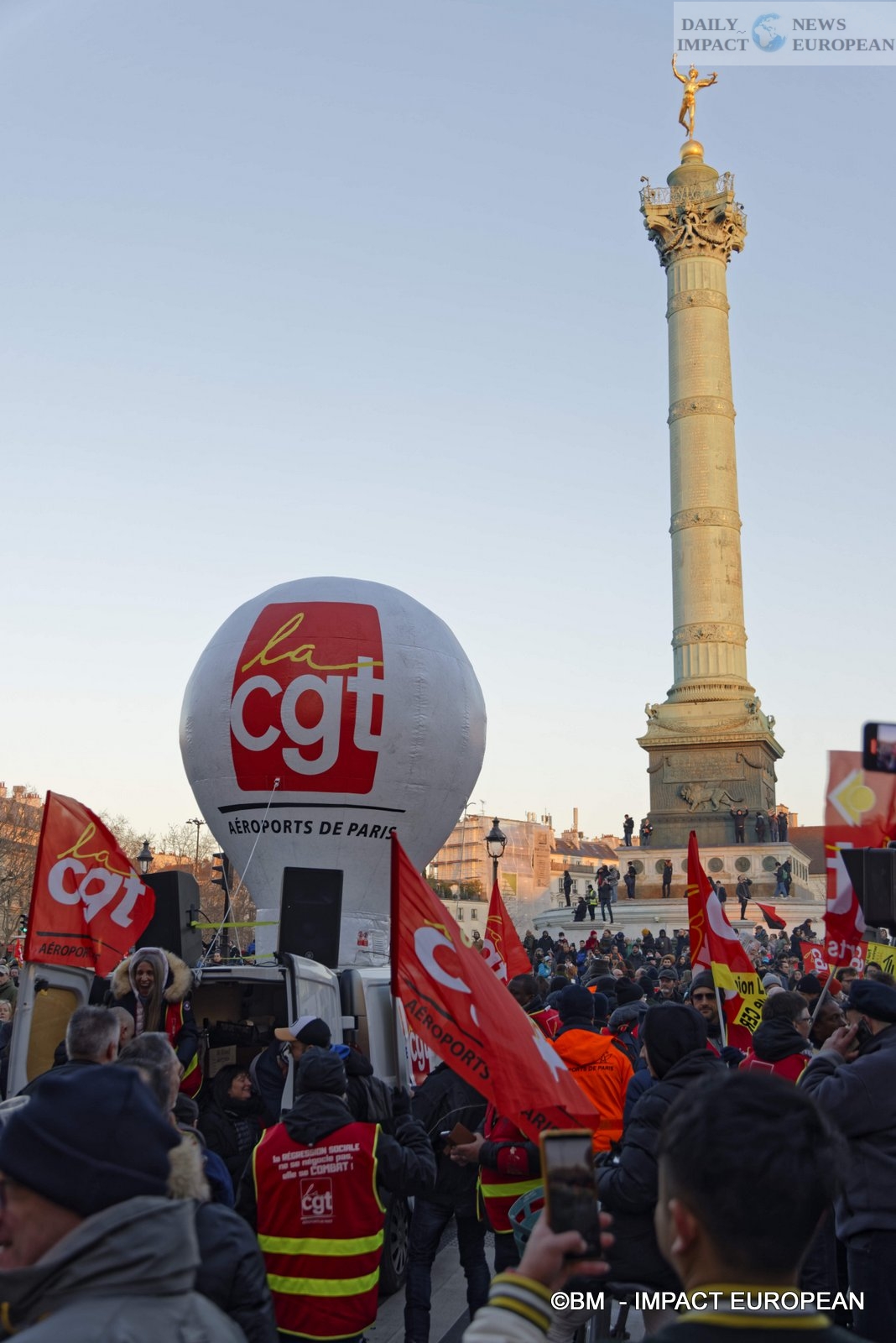



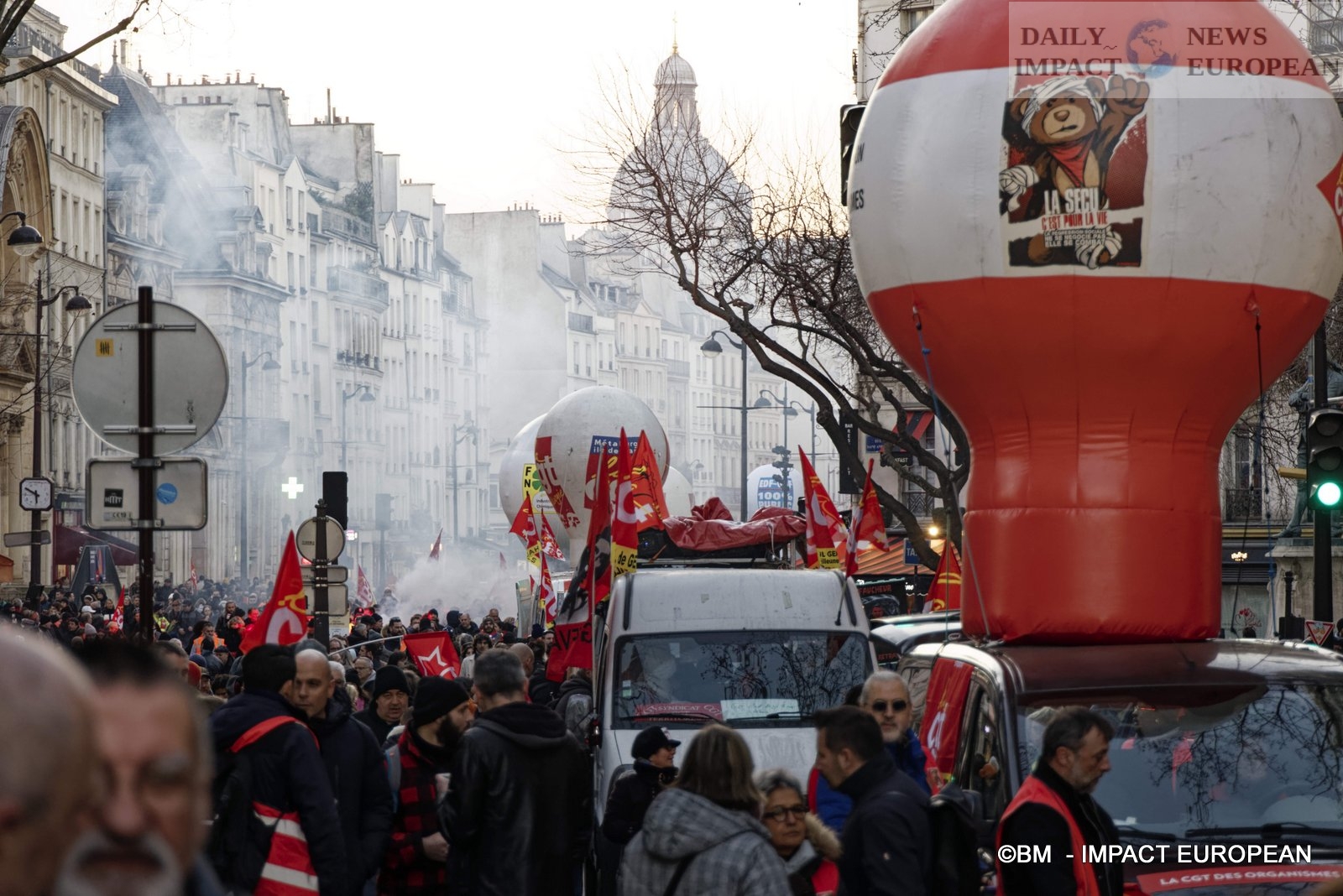

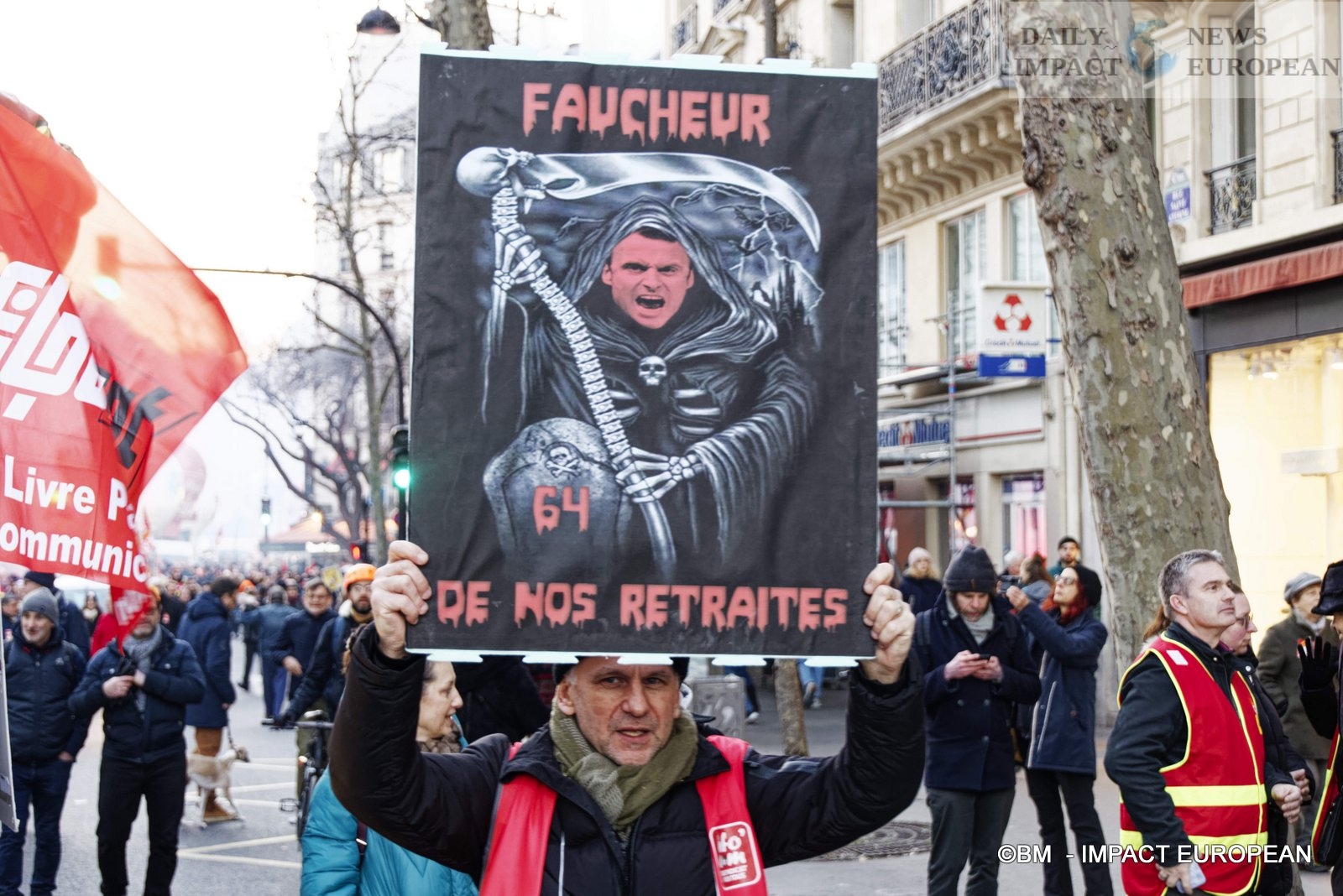
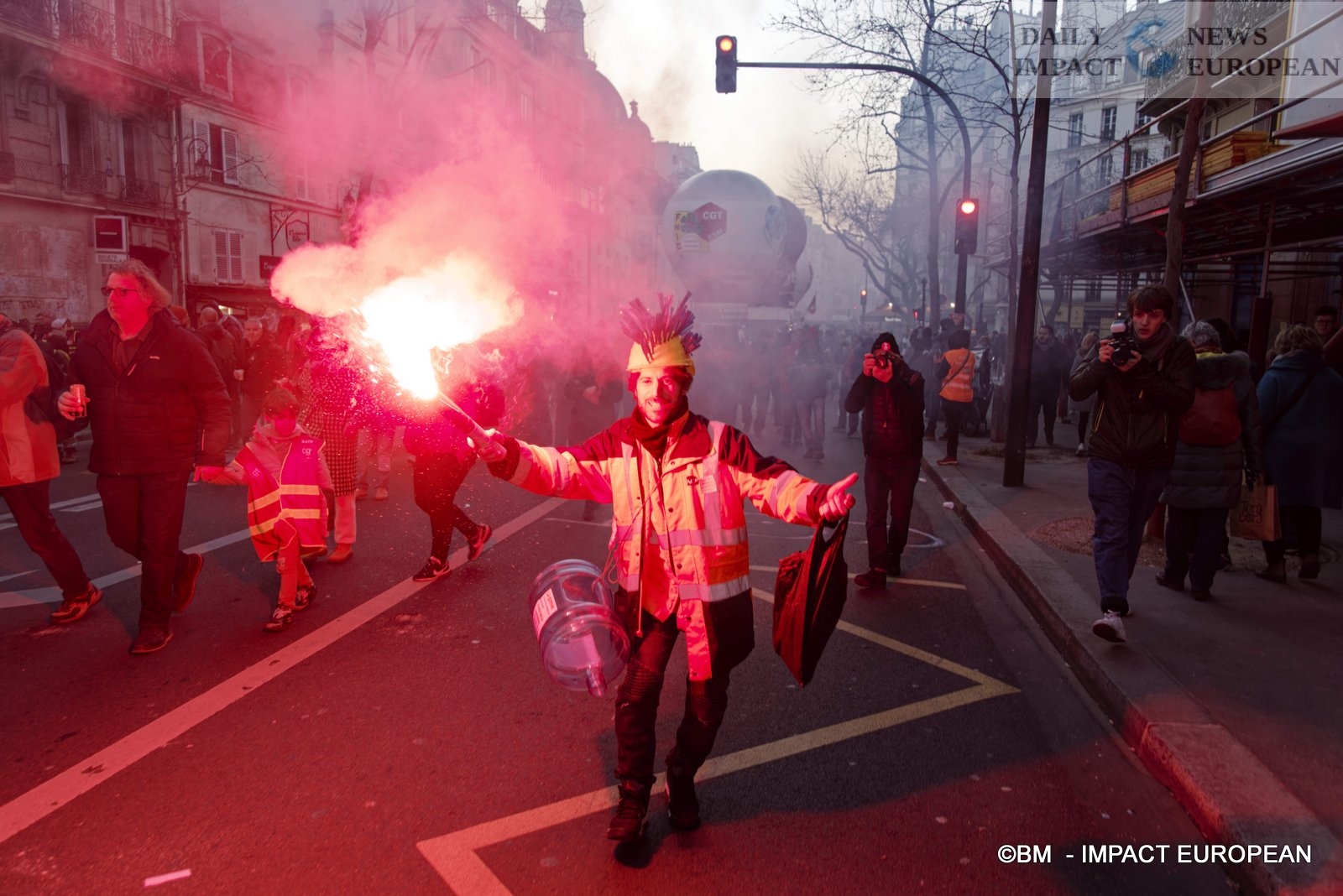

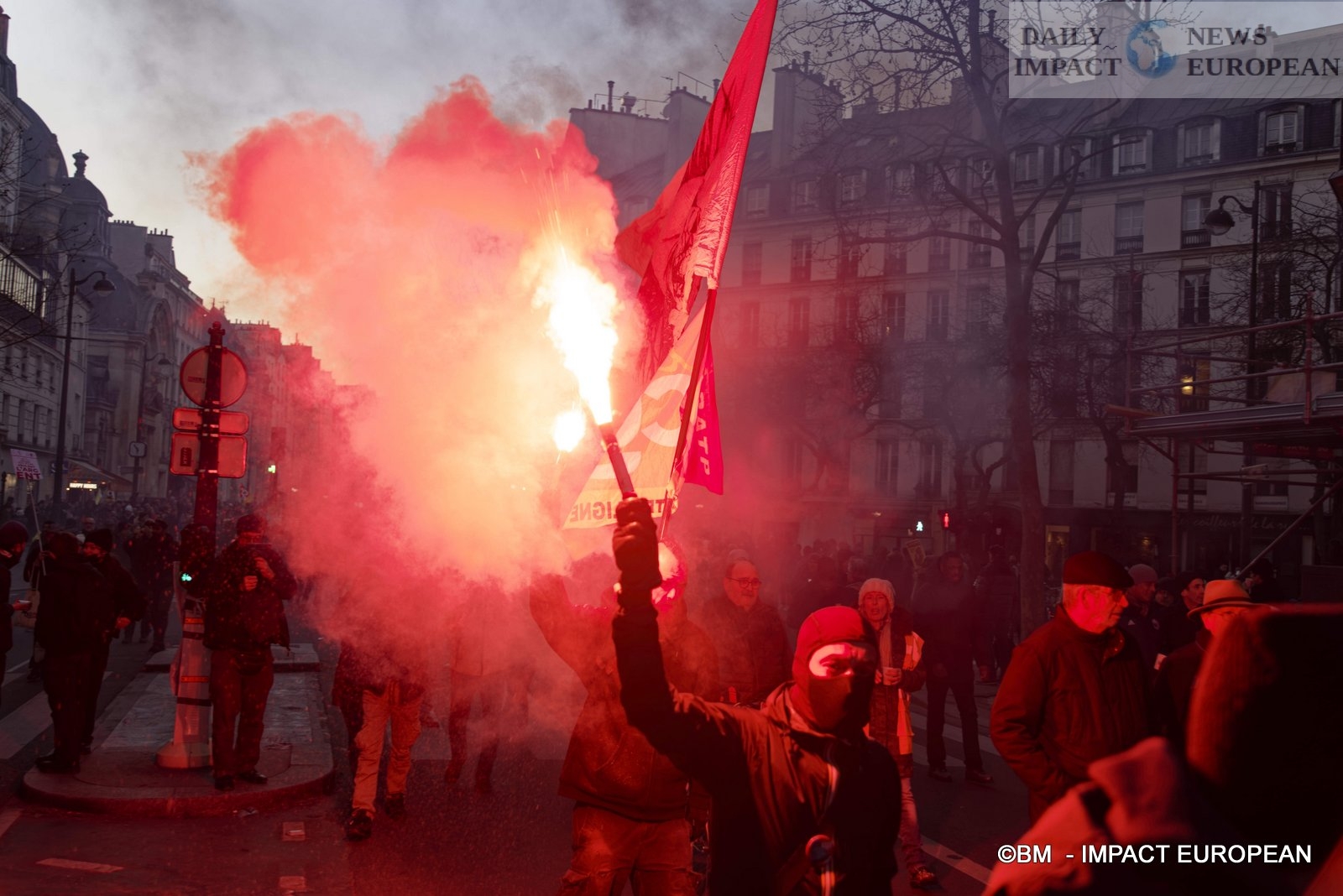
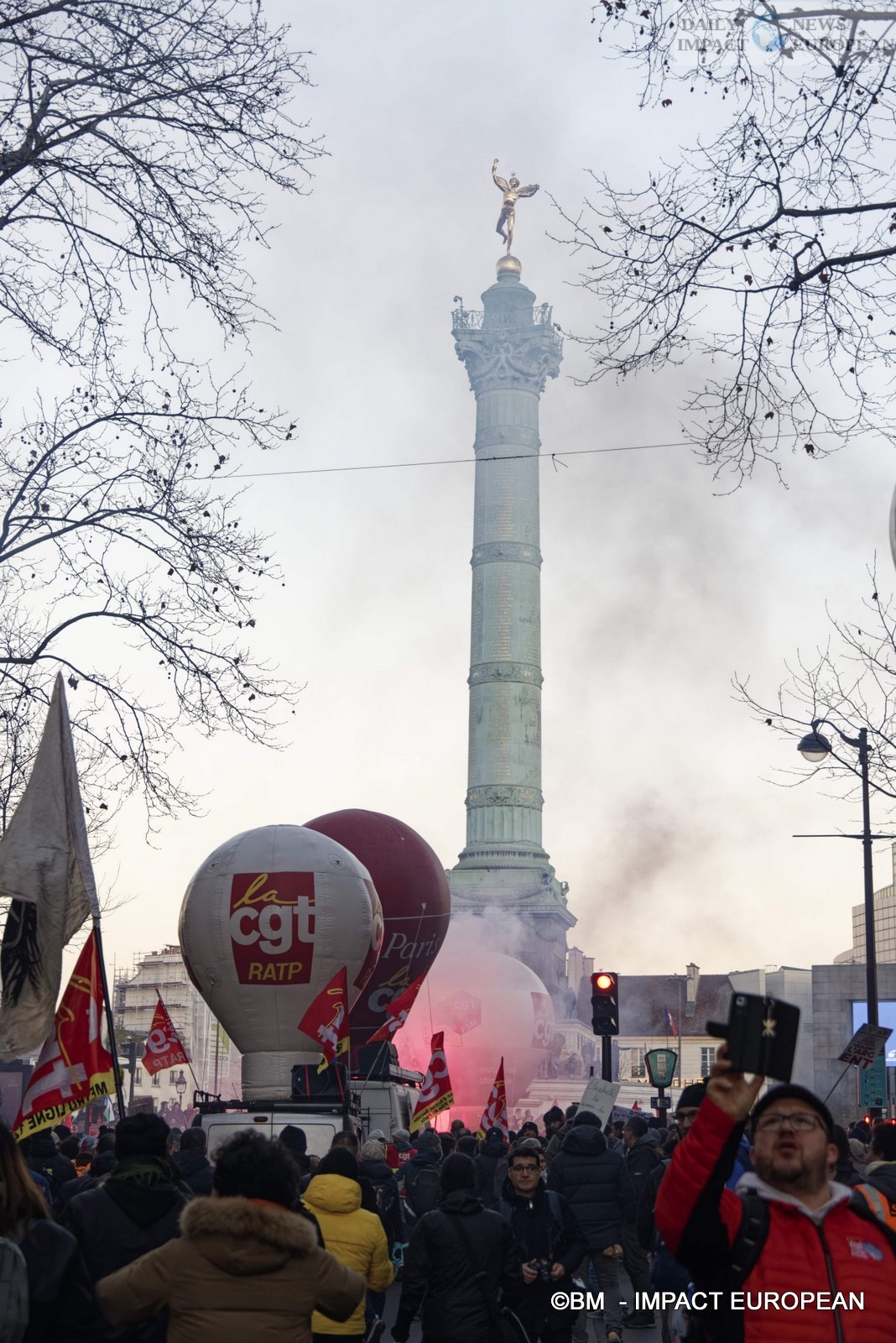
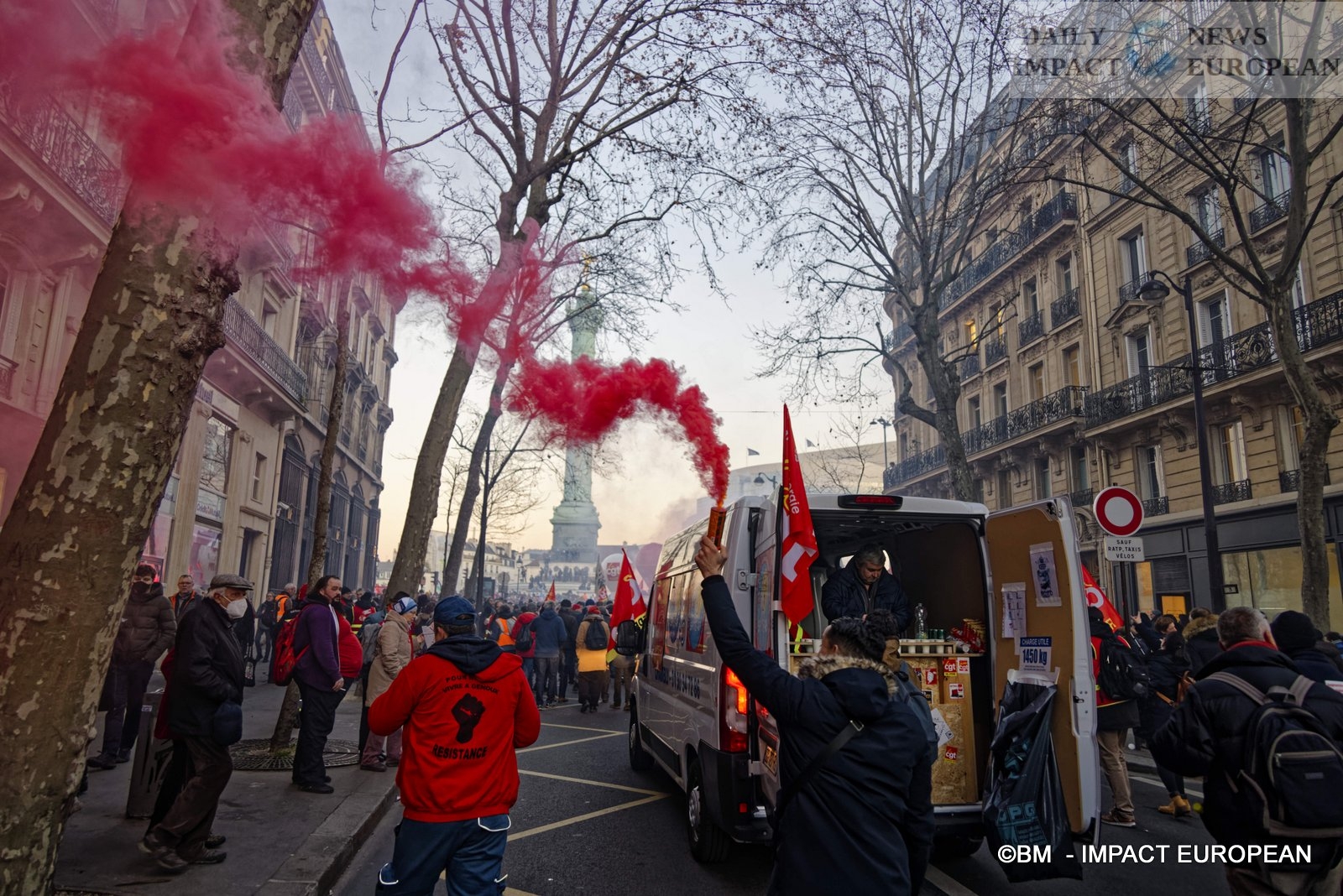
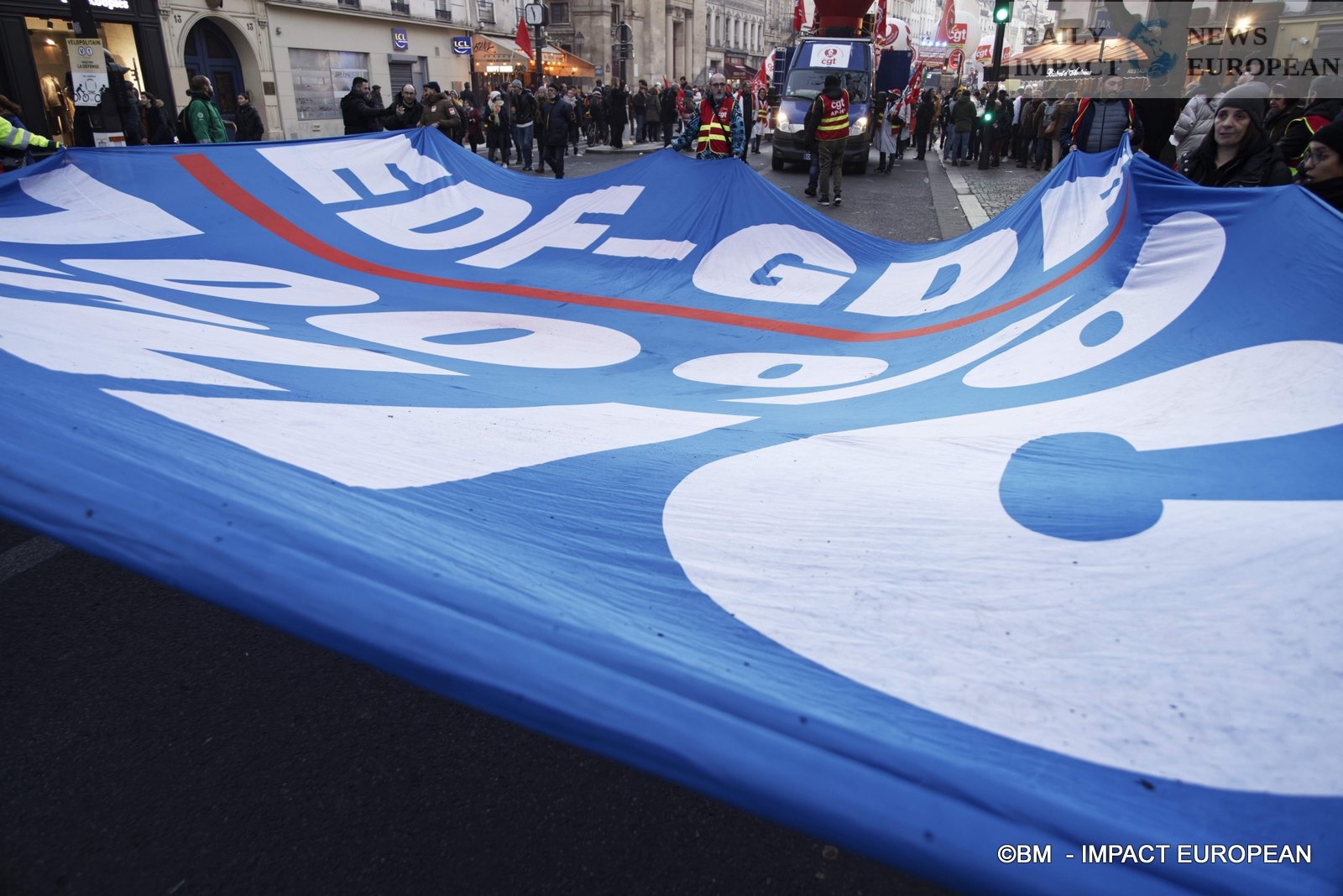
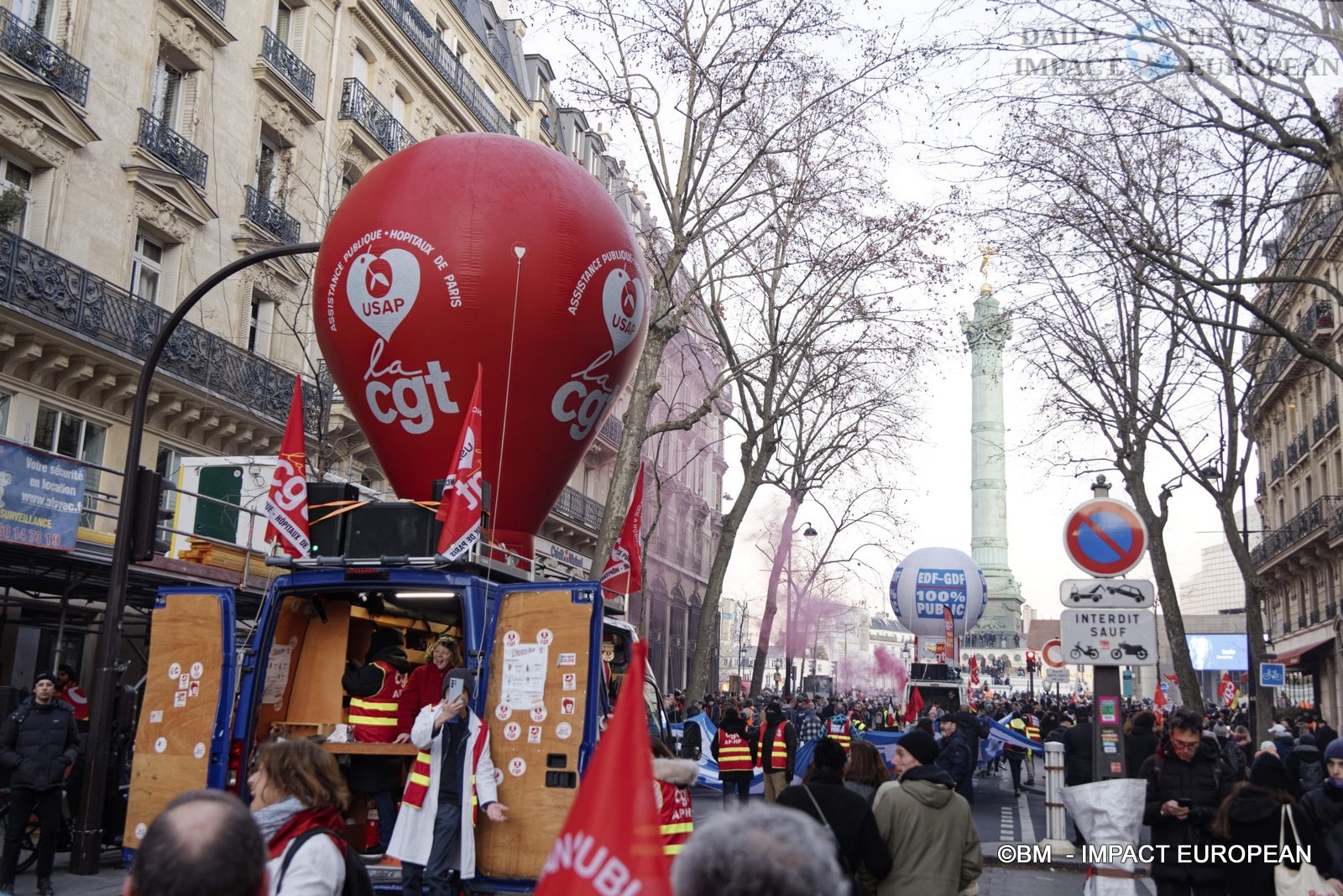
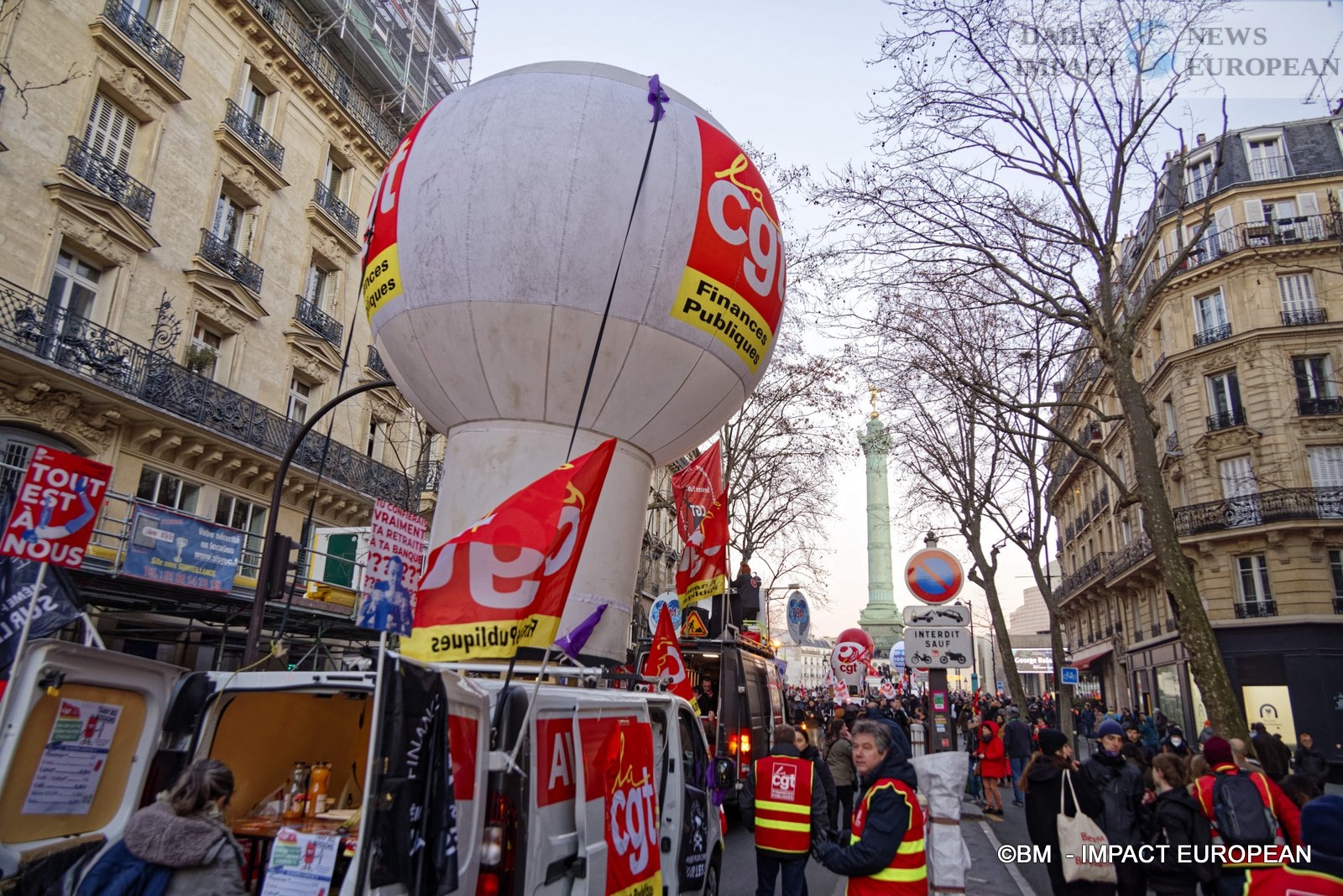
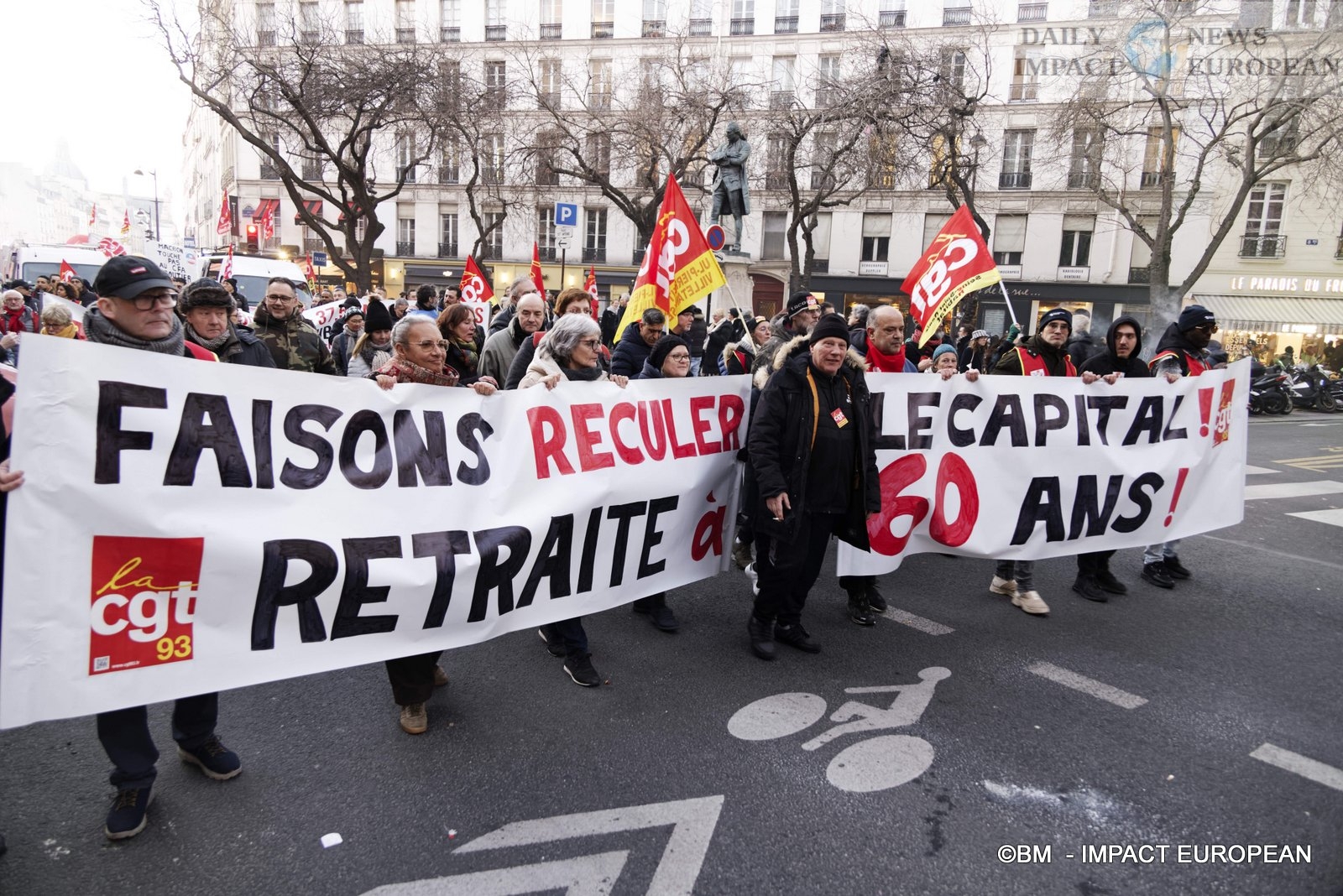
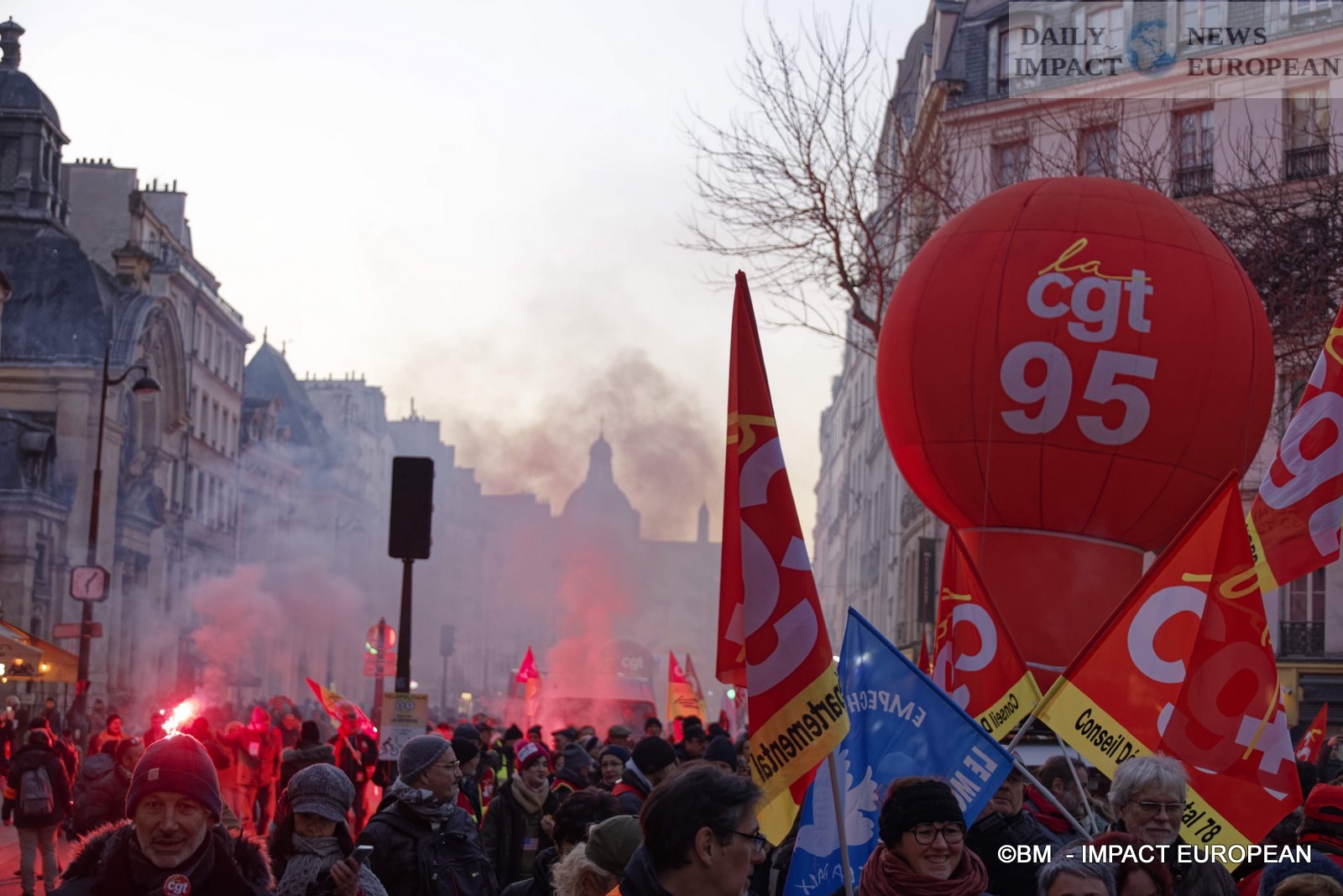
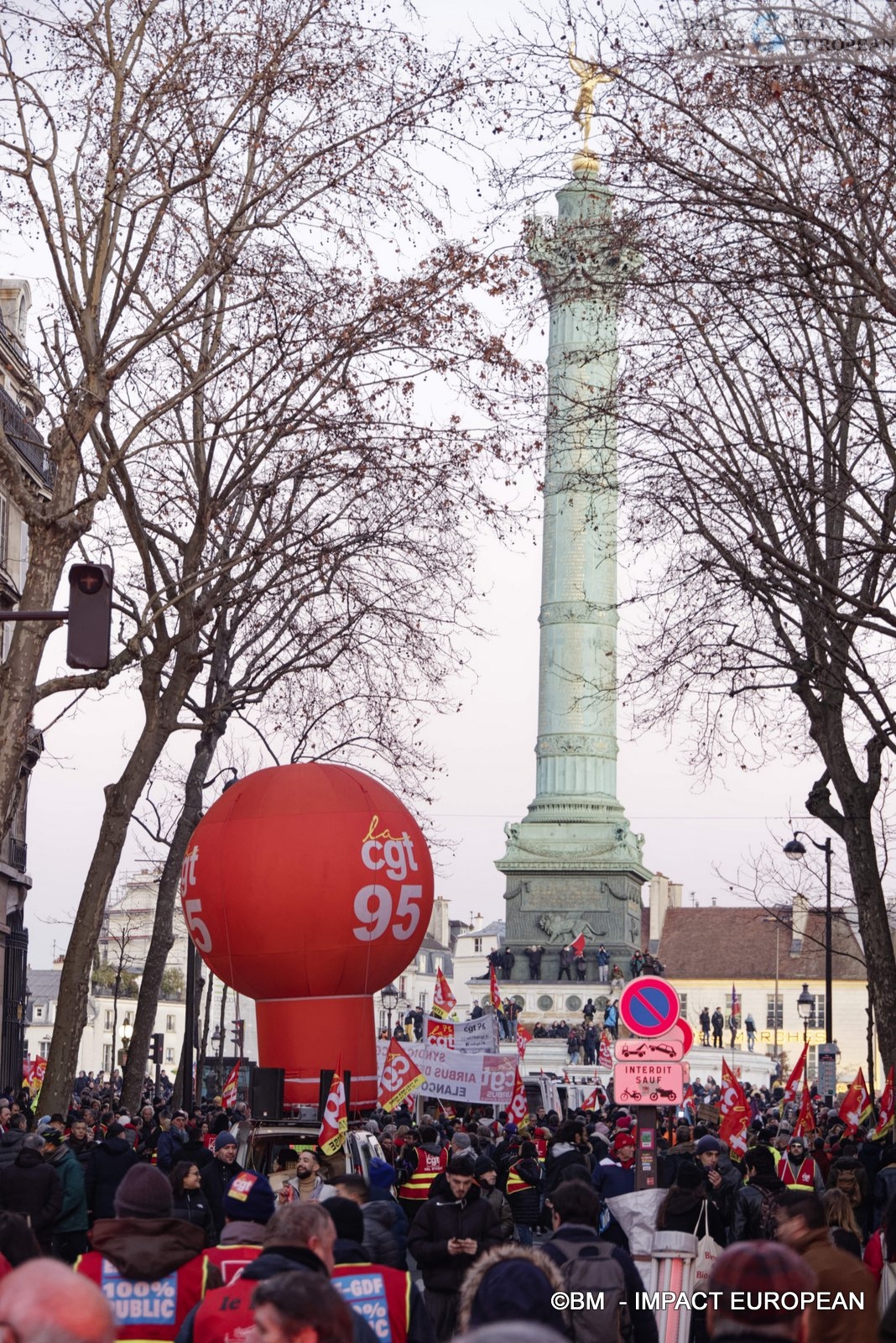



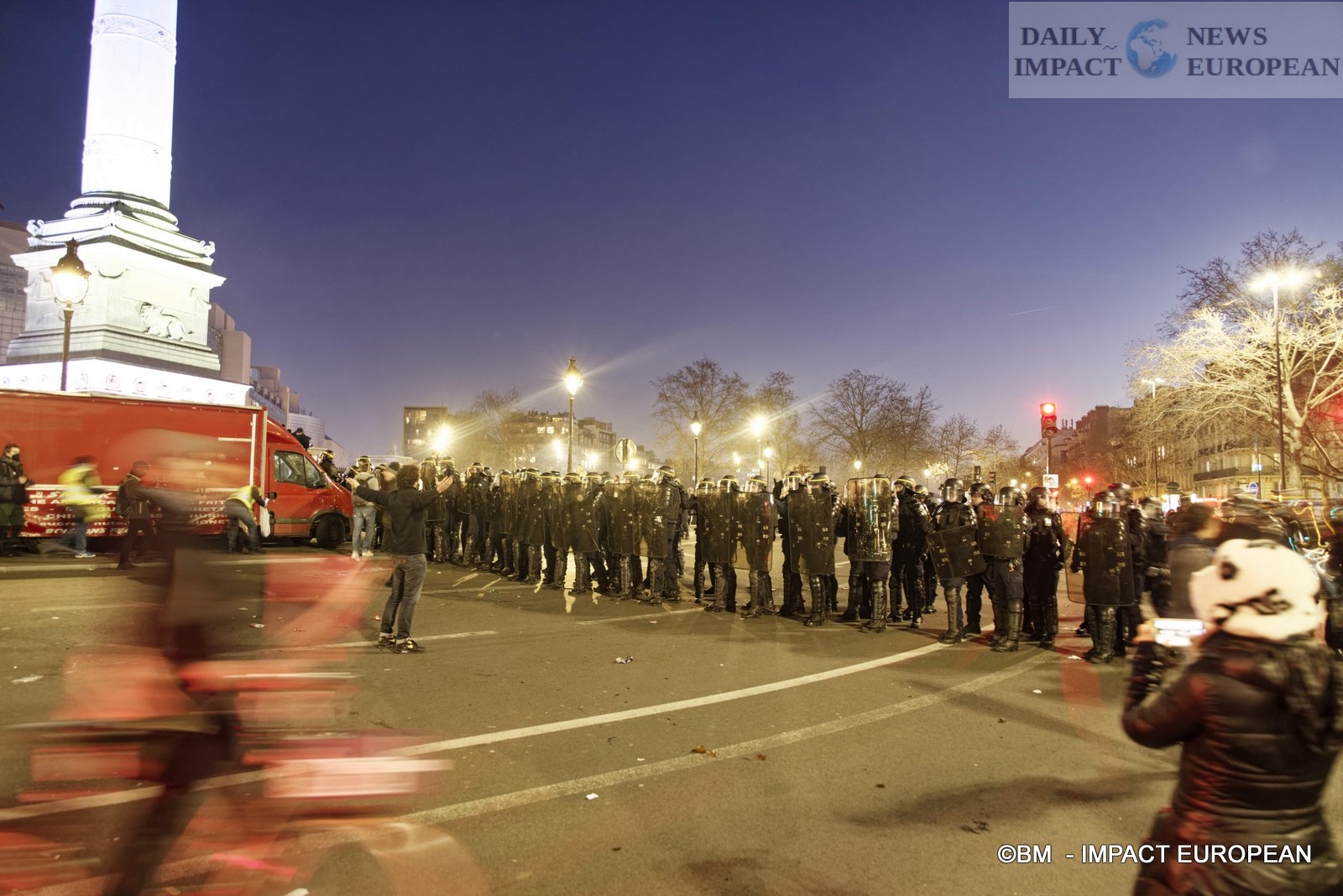

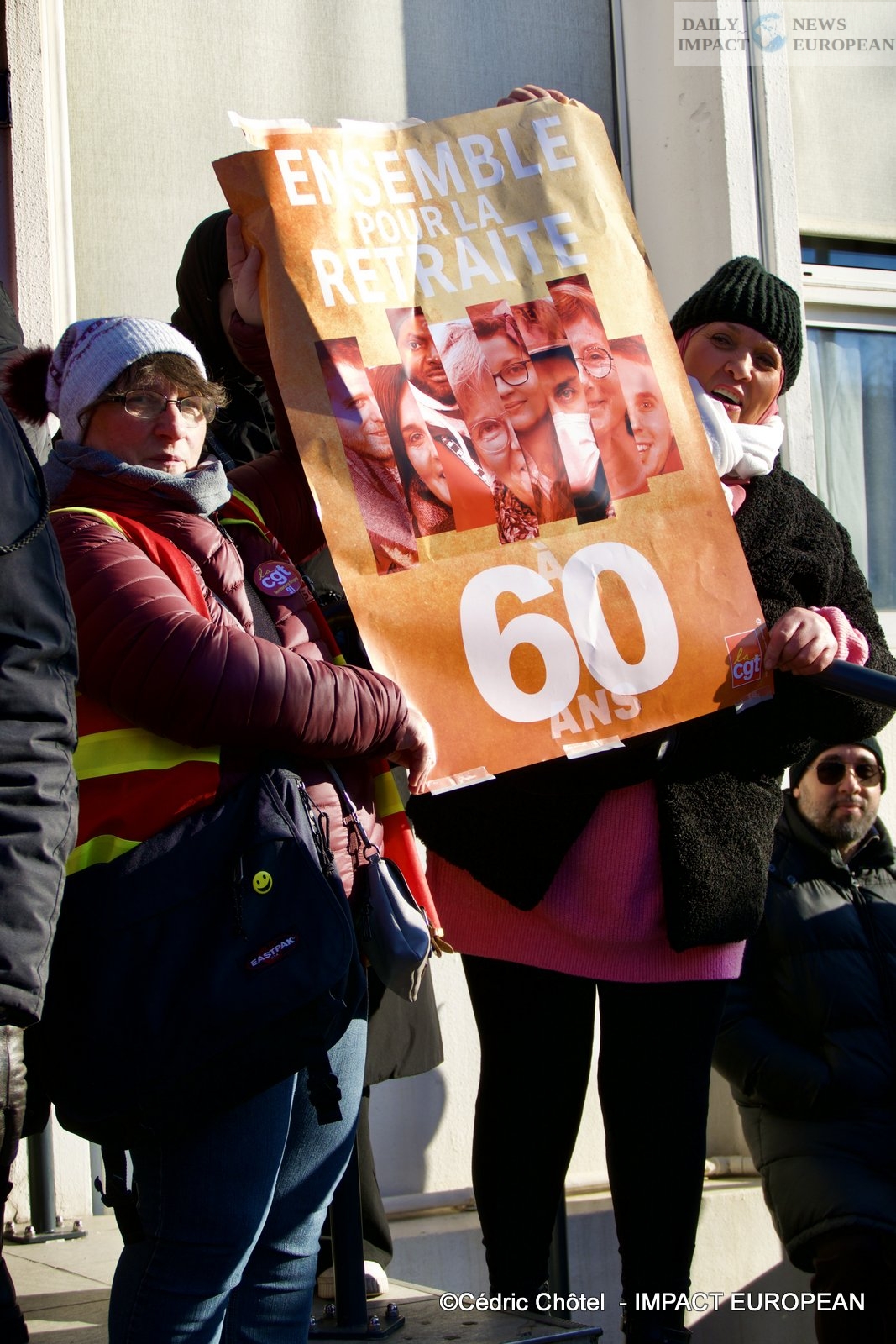

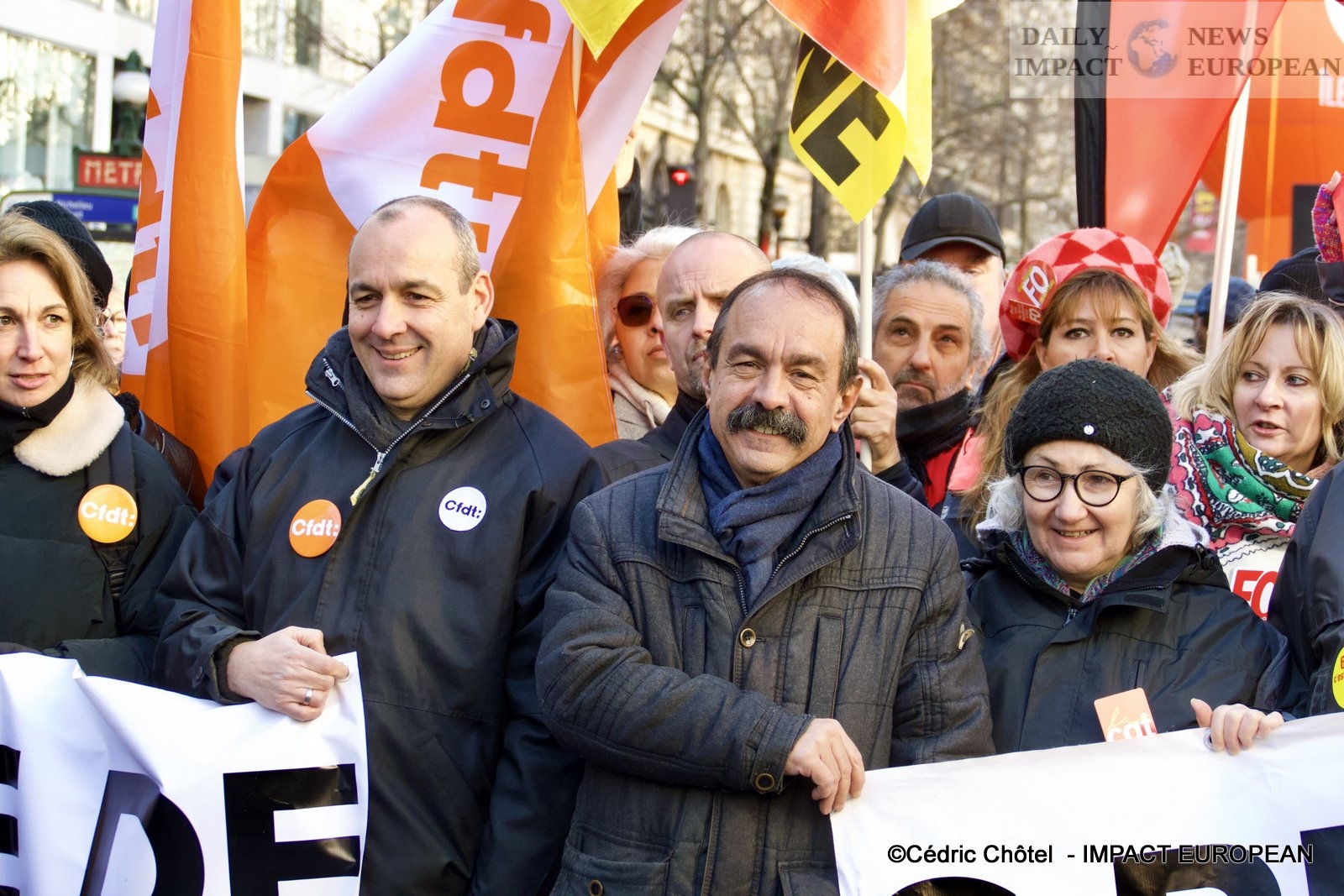
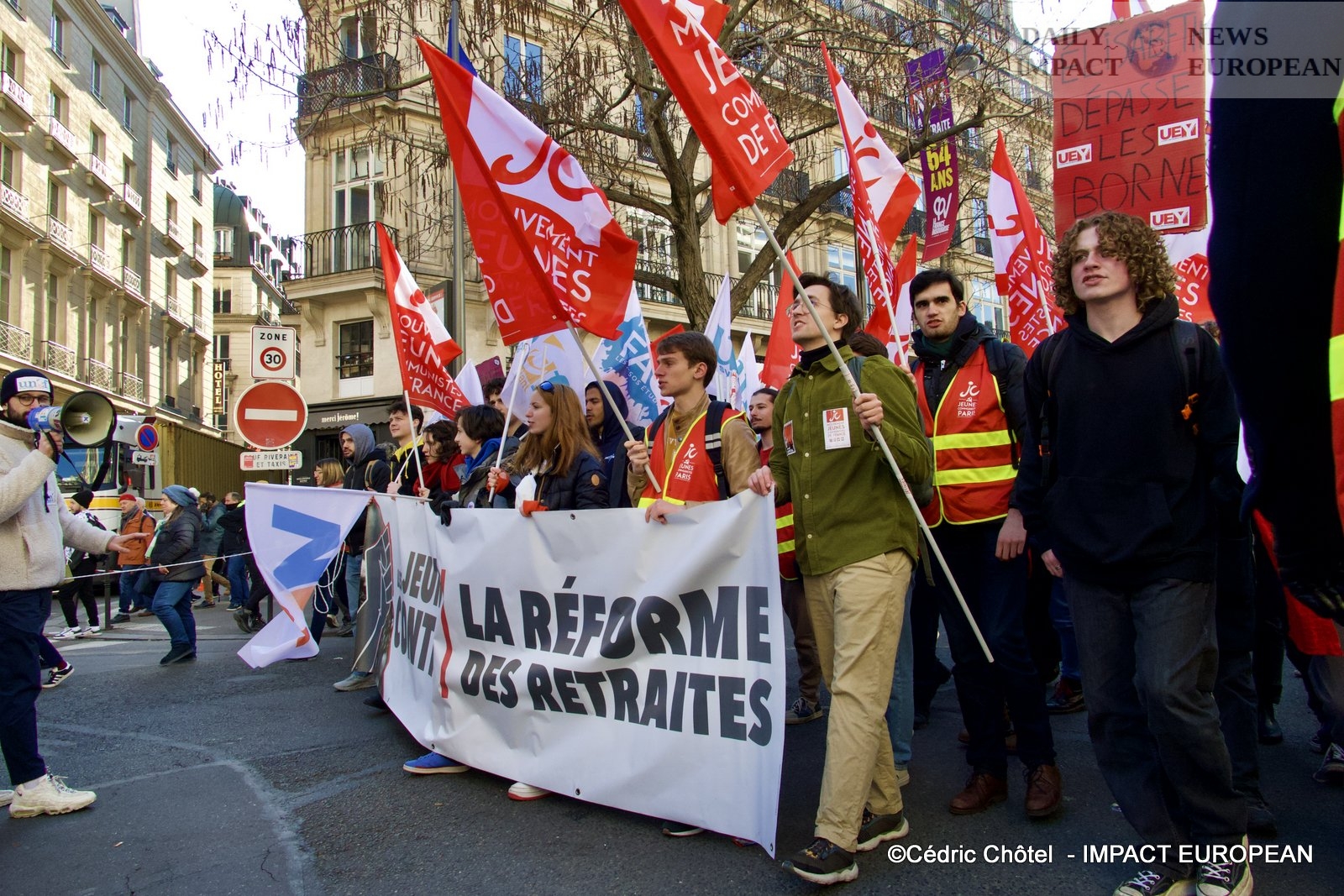

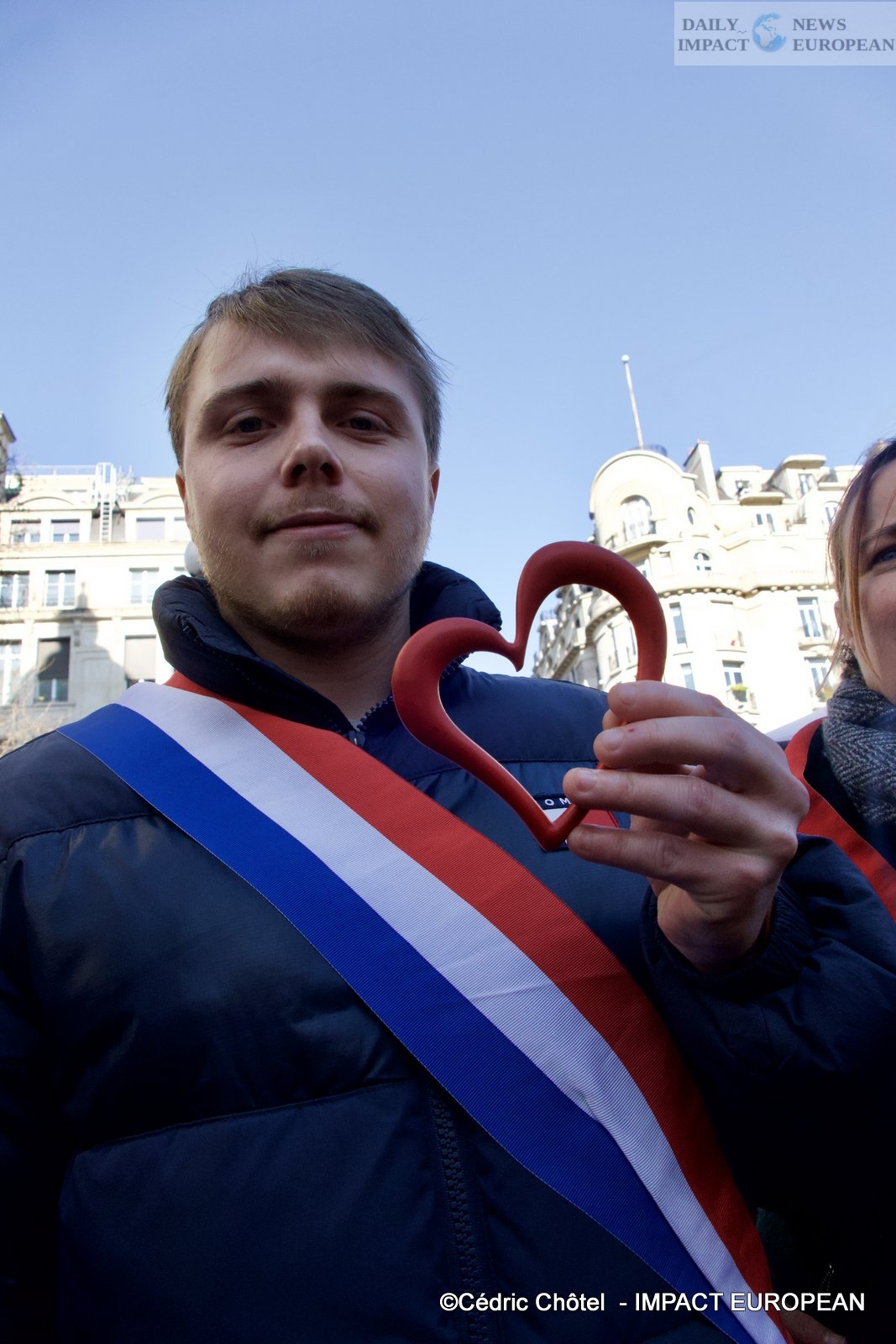



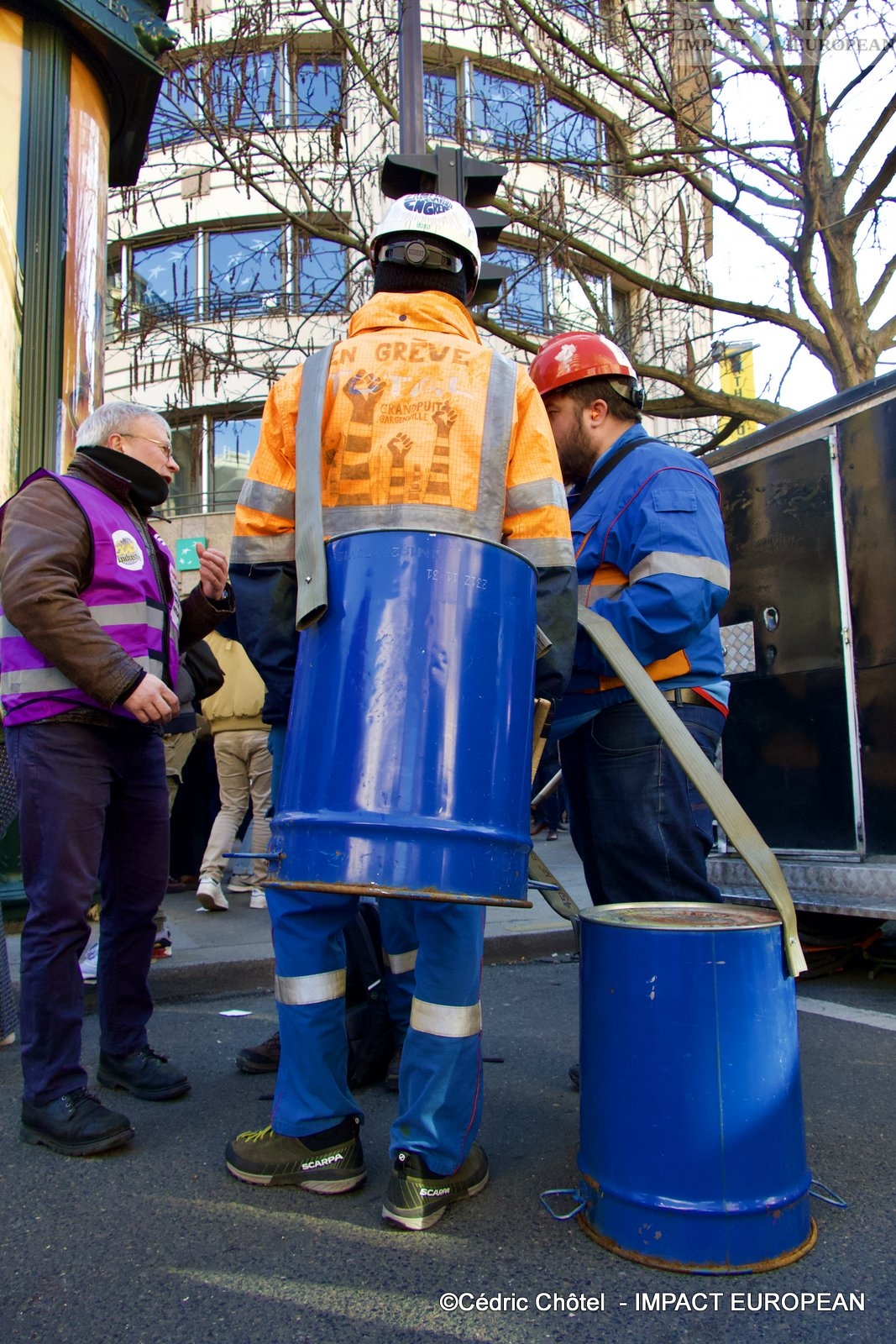
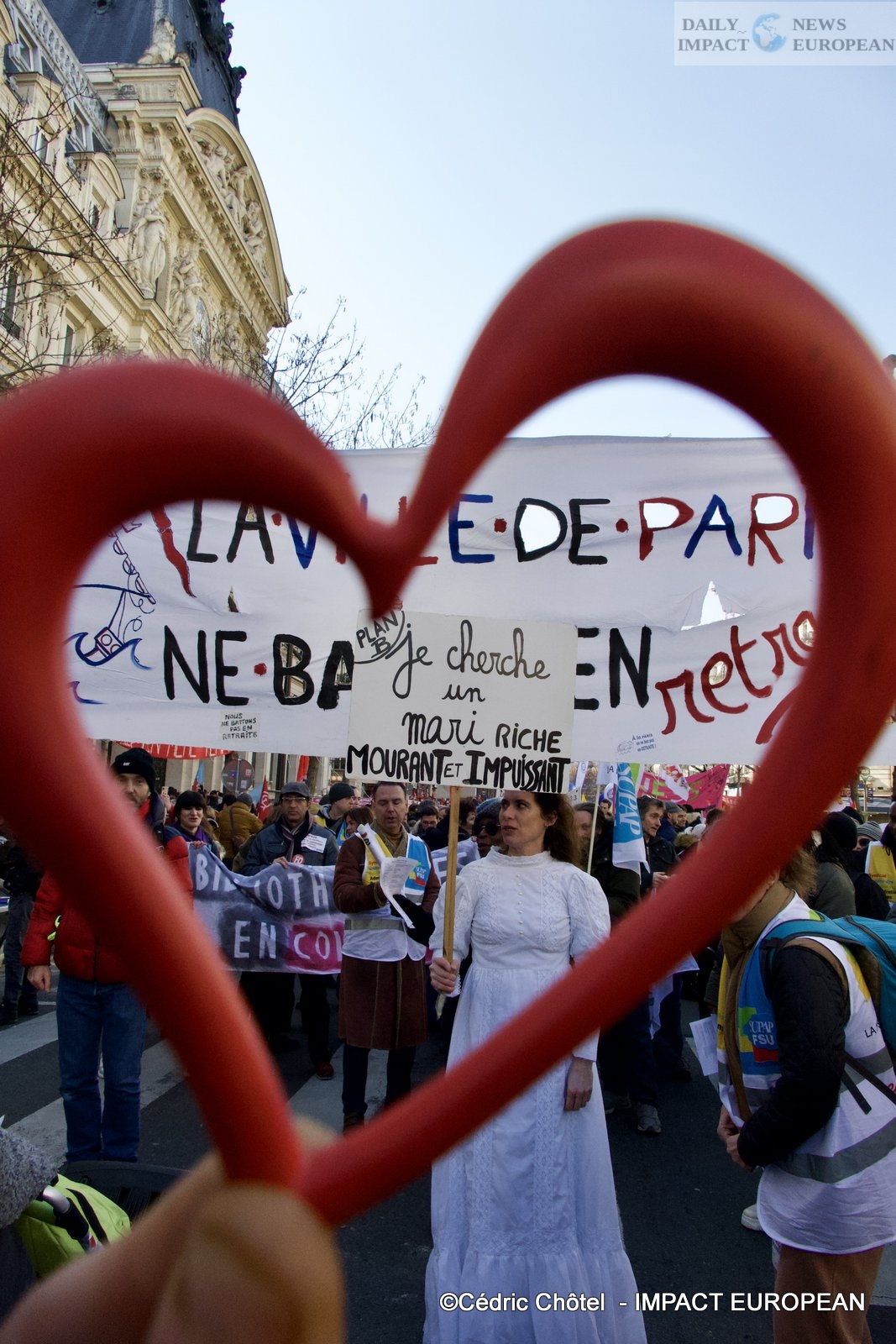
More Stories
Meeting between French and Israeli counterparts Emmanuel Macron and Isaac Herzog at the Élysée
“Dansong” at the Avignon Off Festival 2024
Olympic Flame at the Jardin du Musée Mac Val